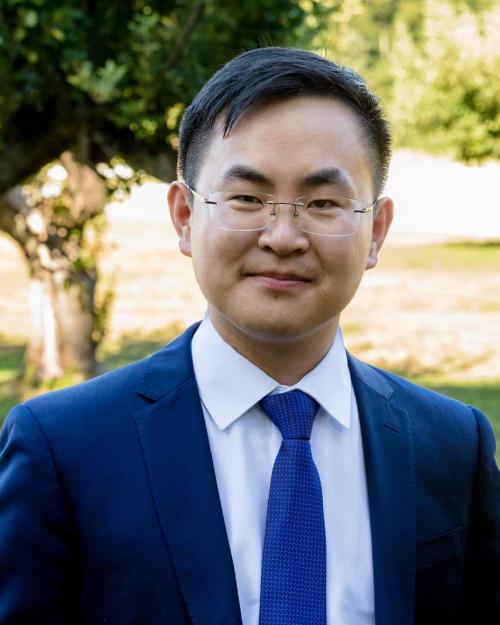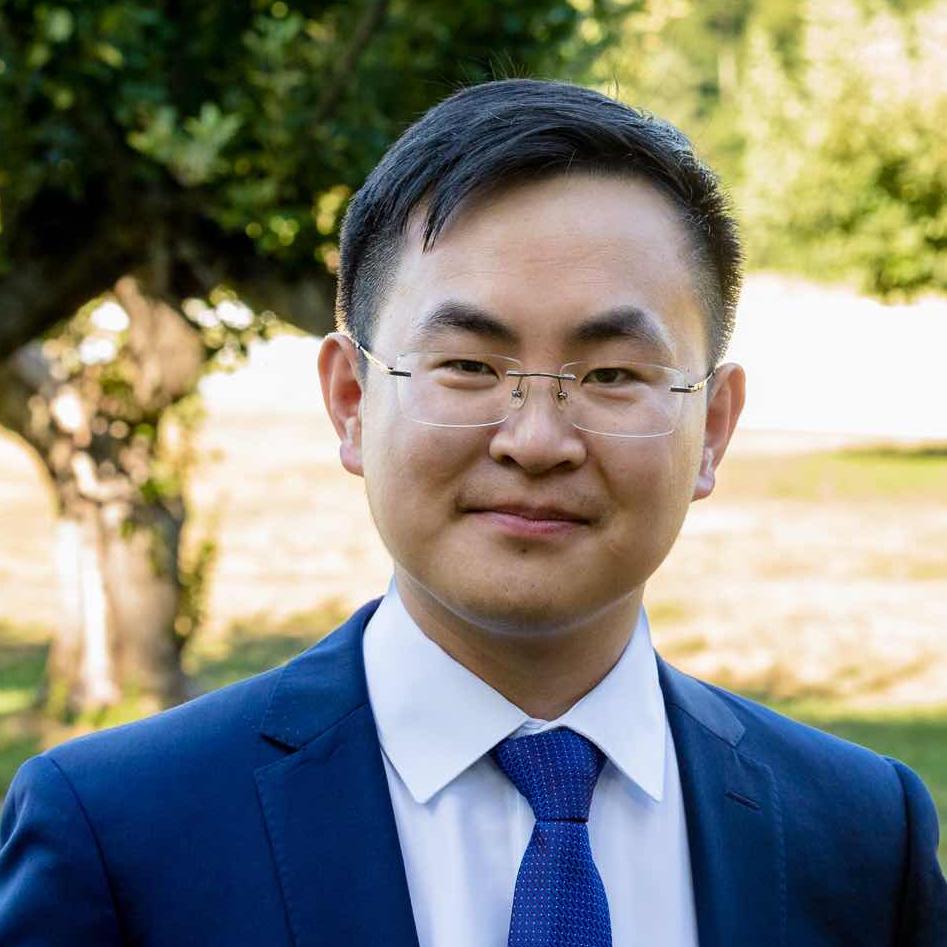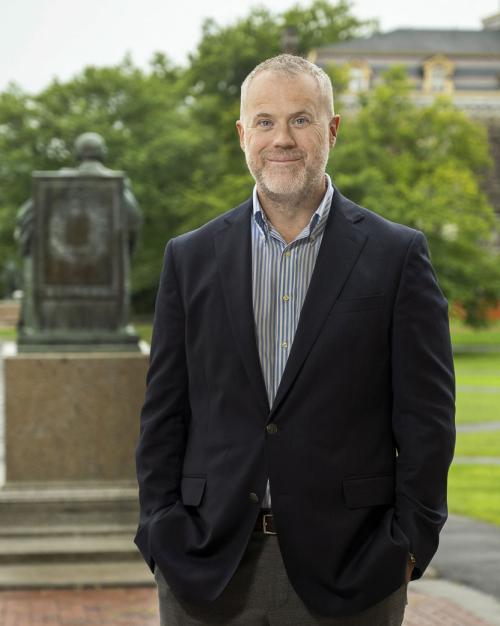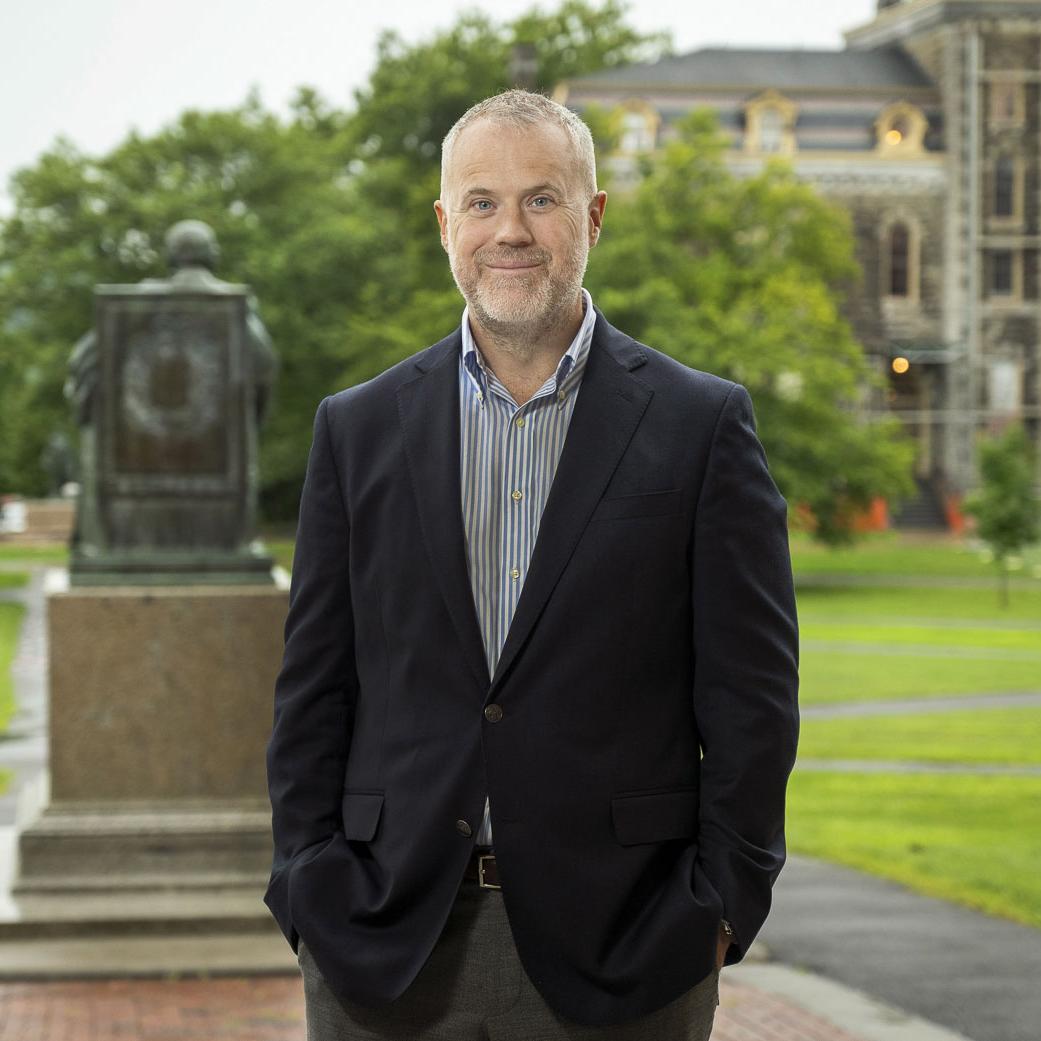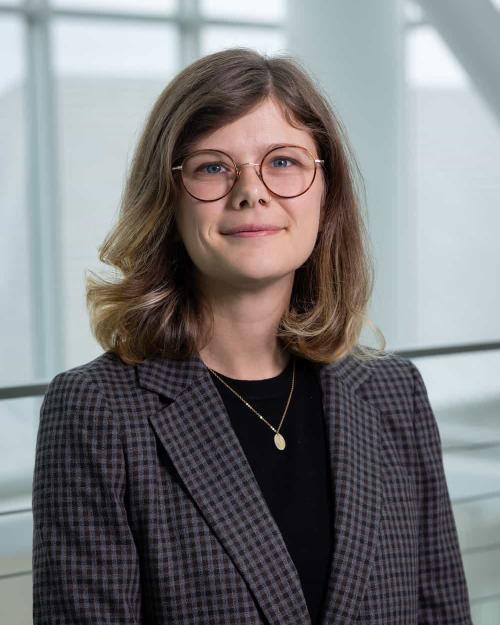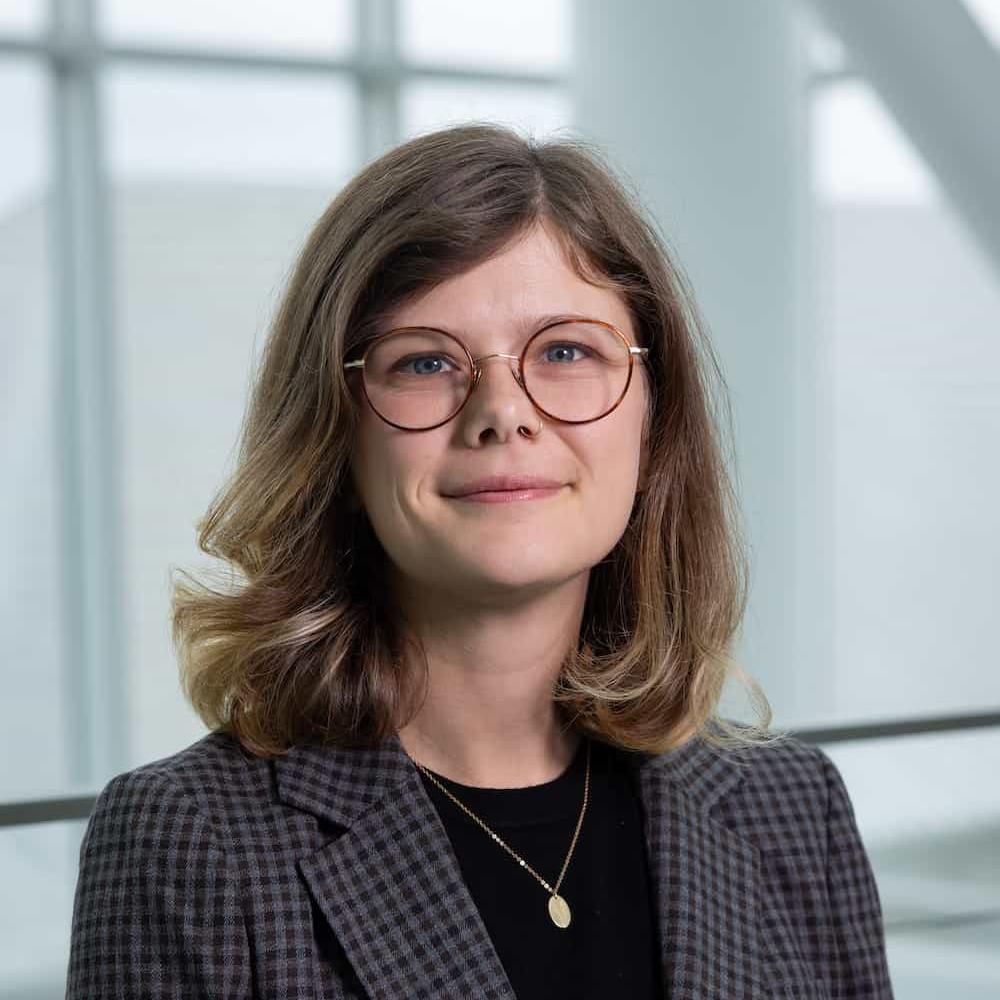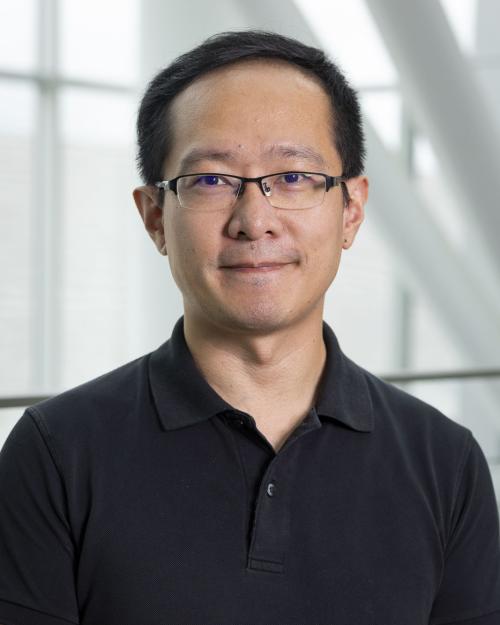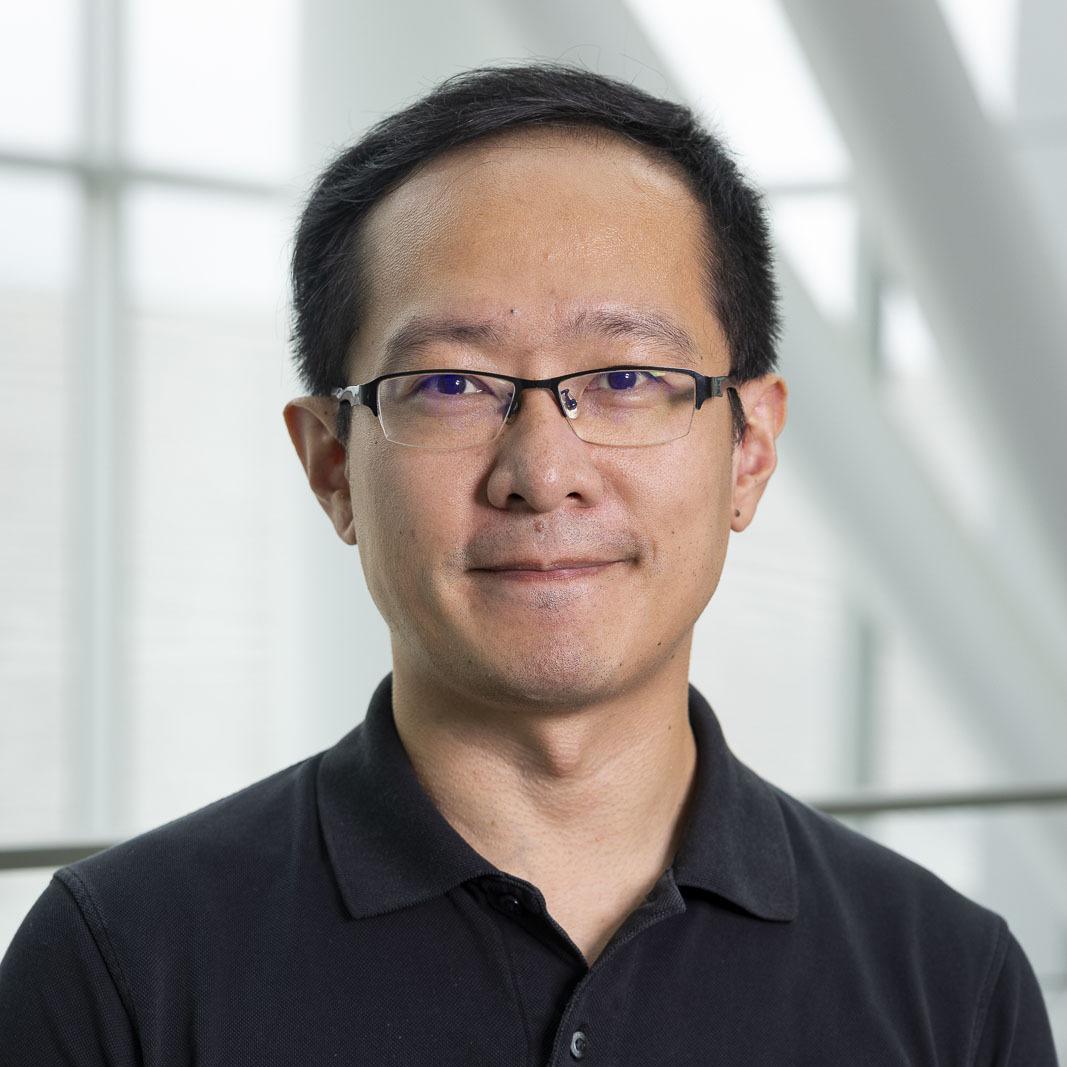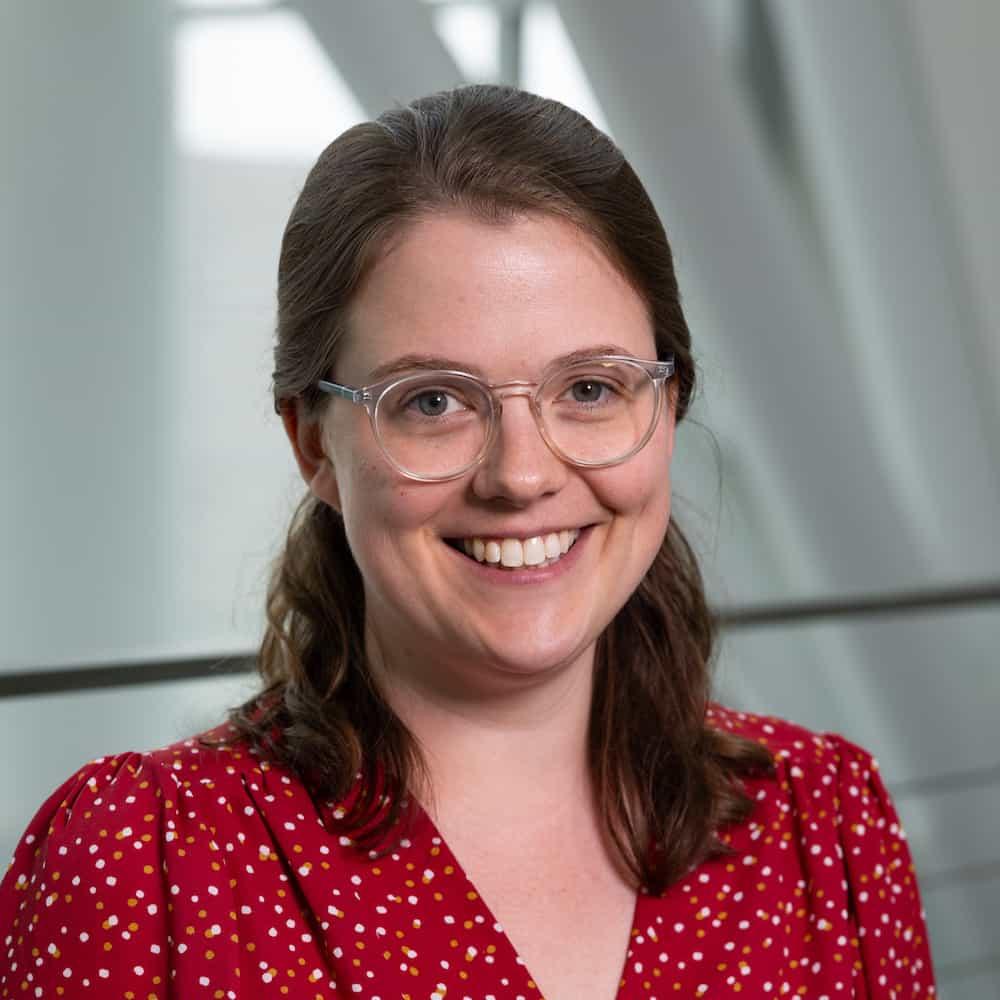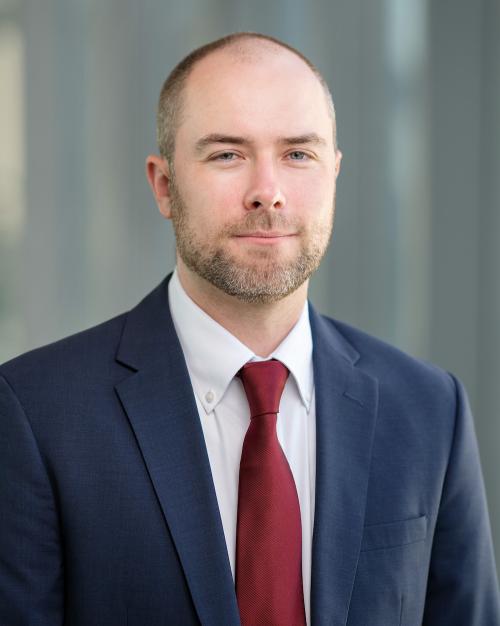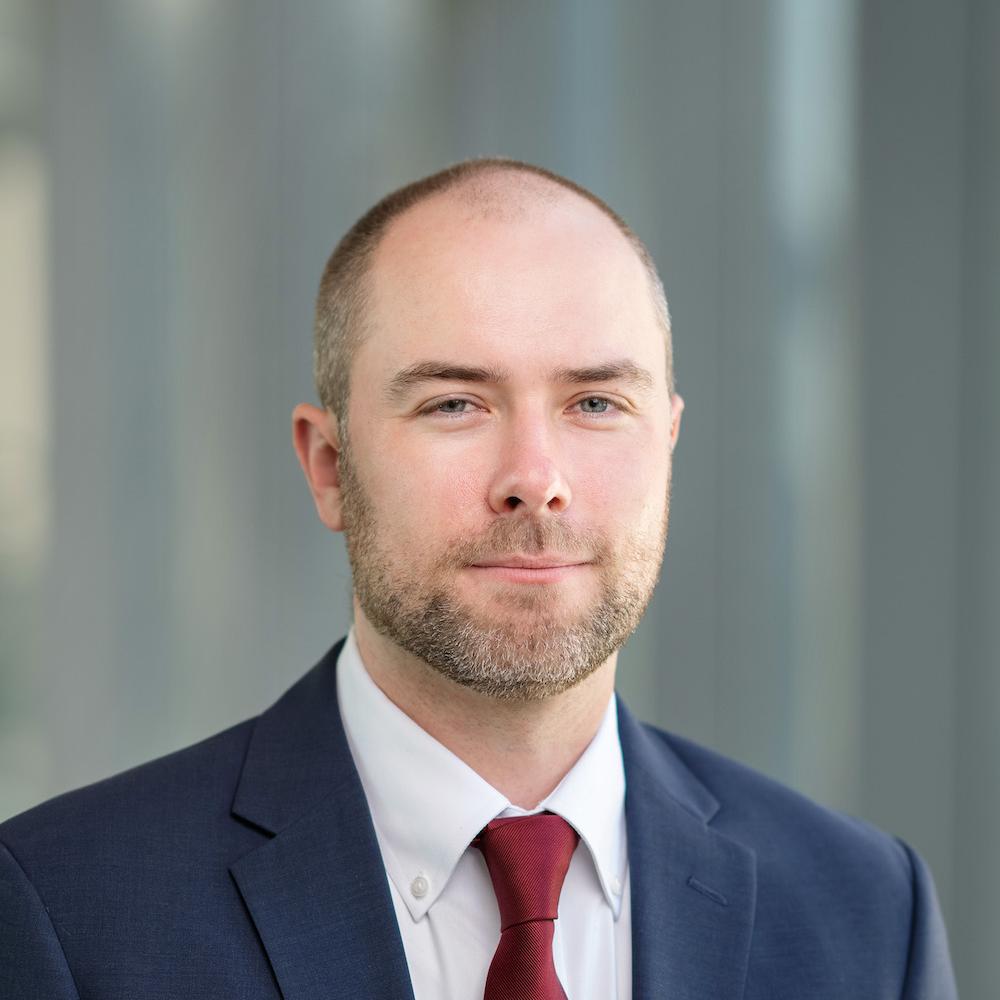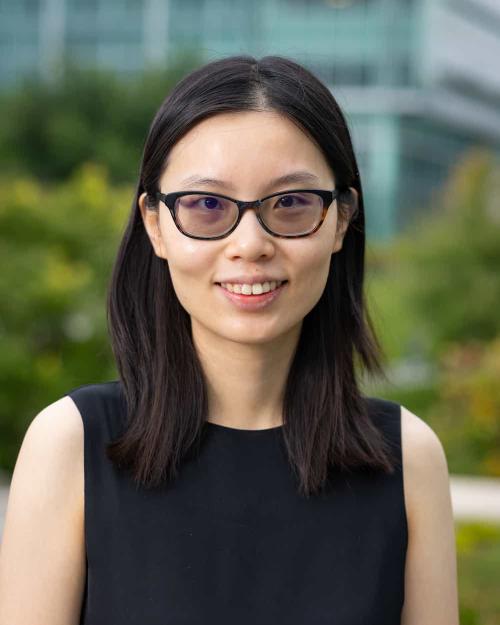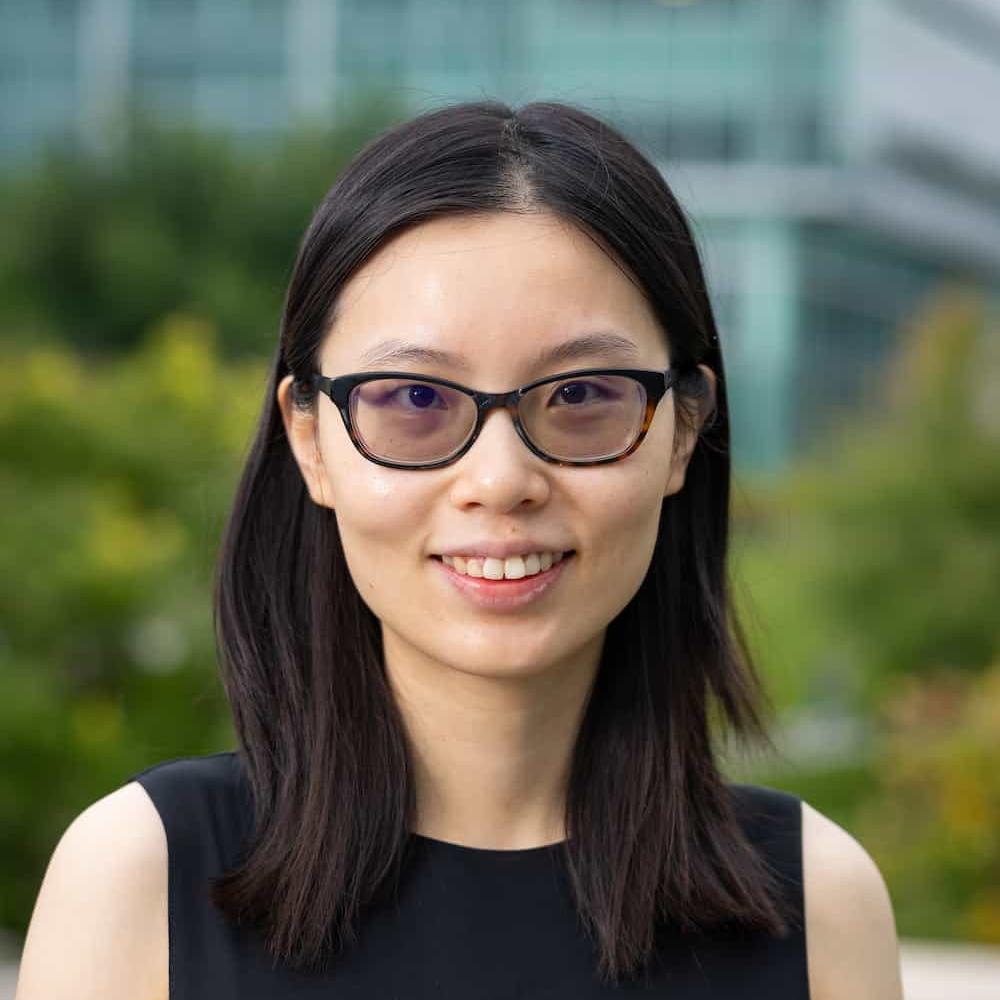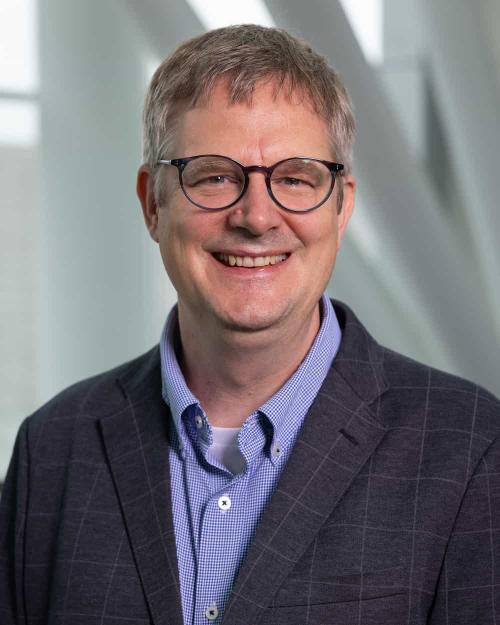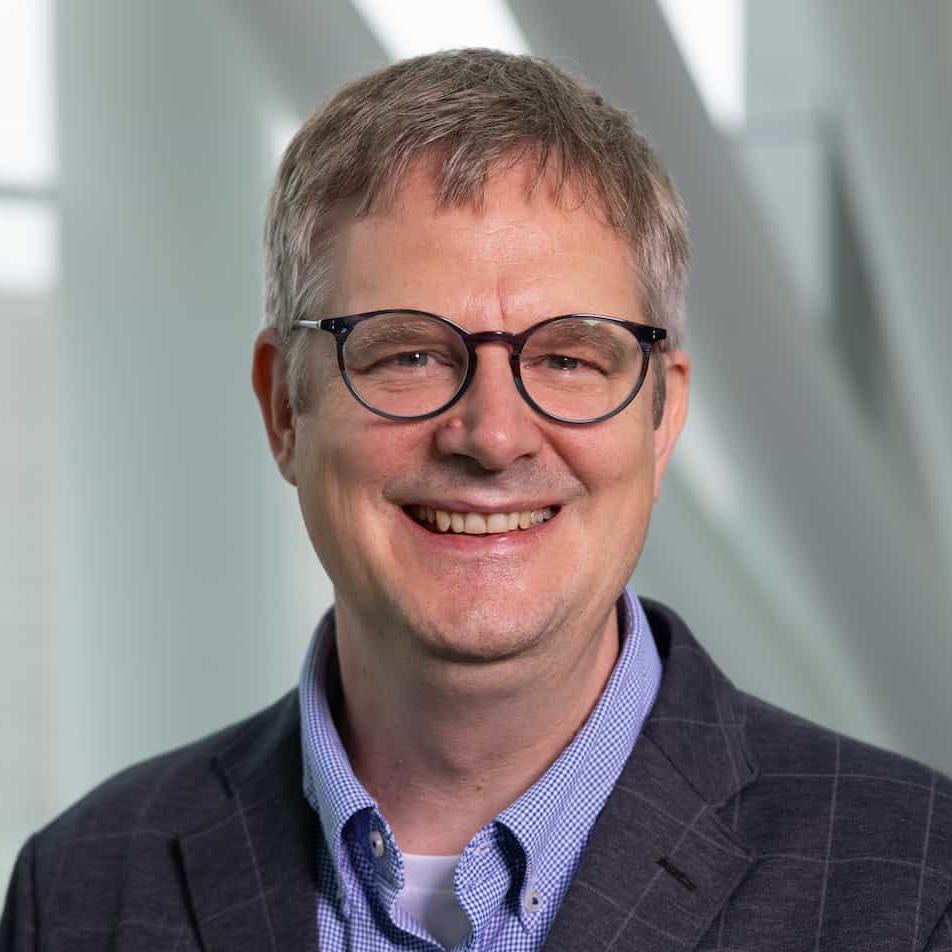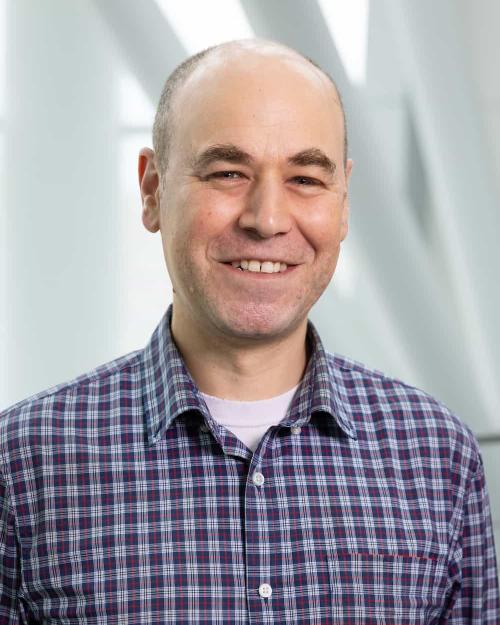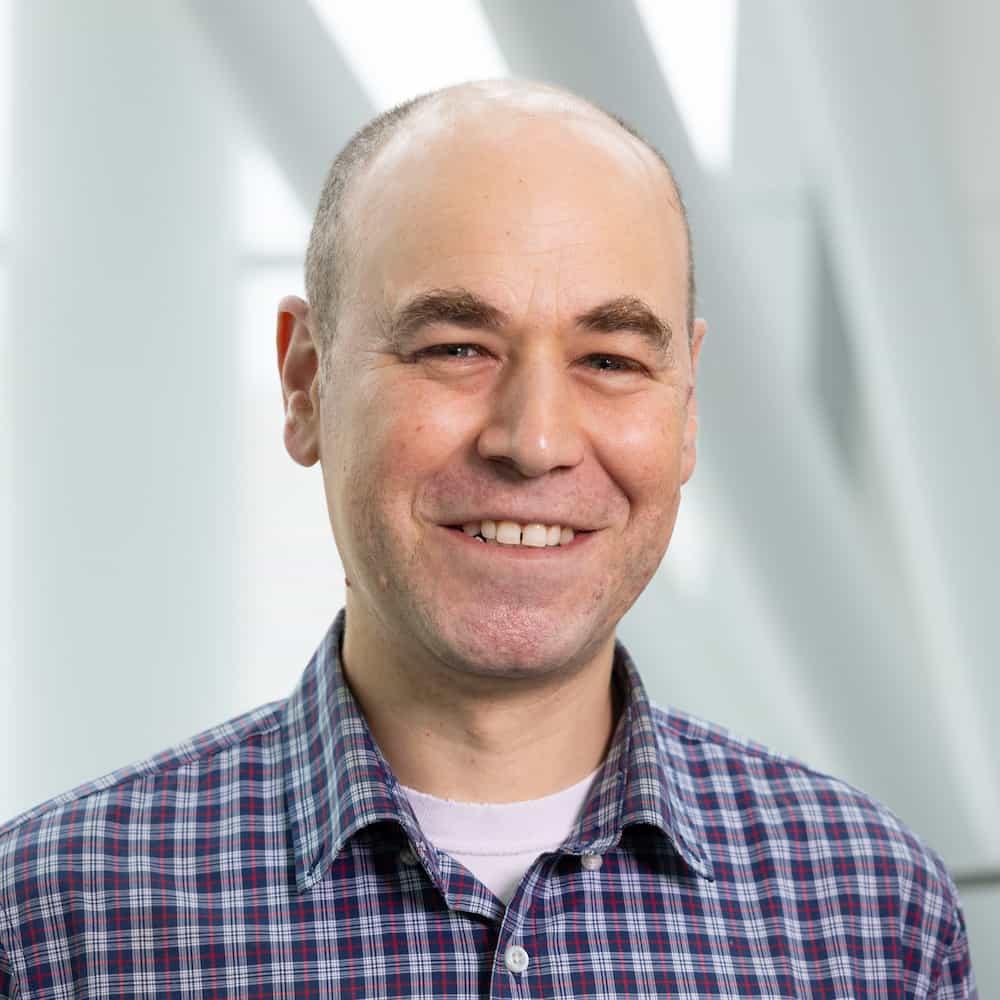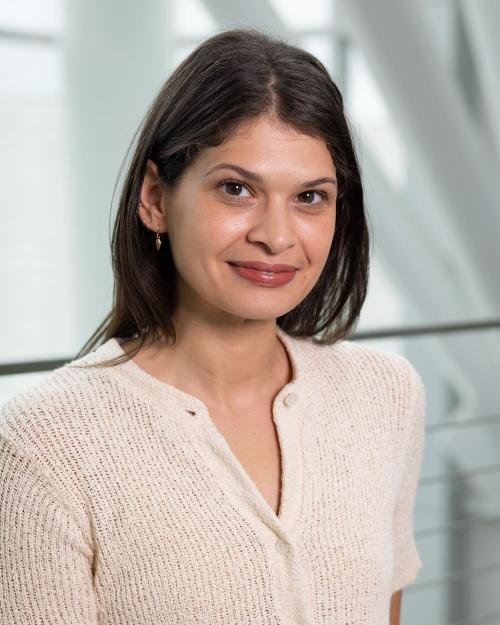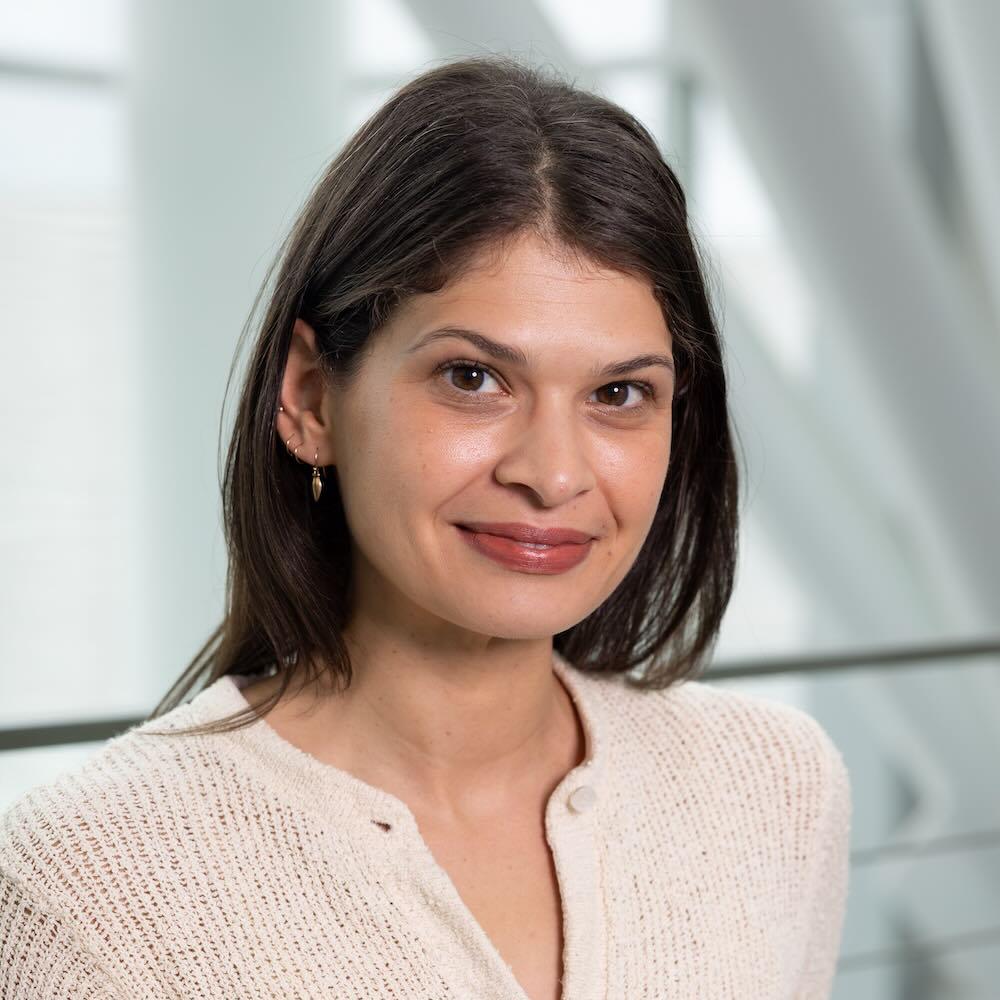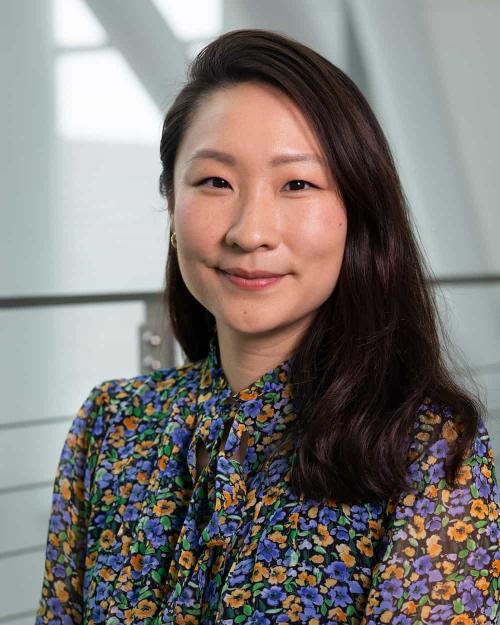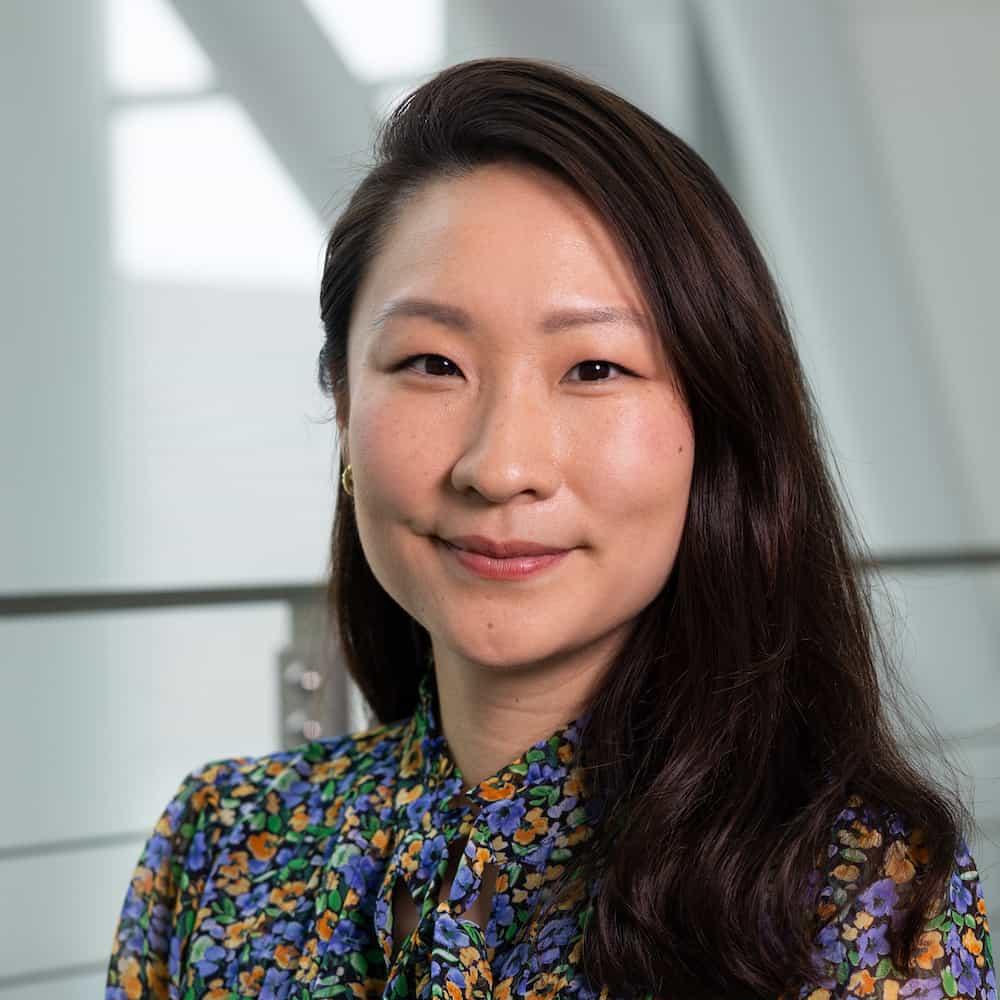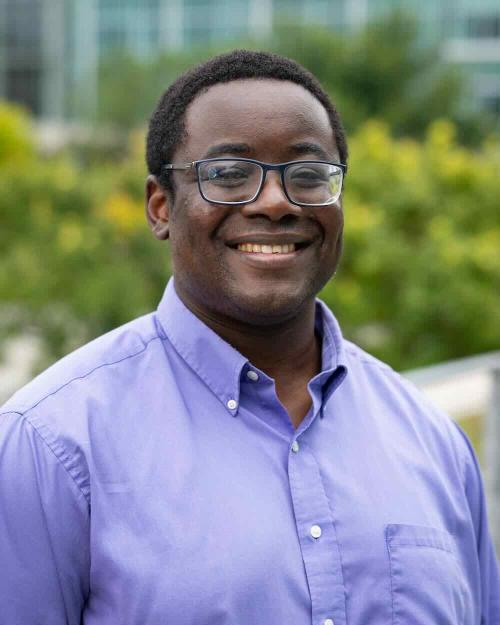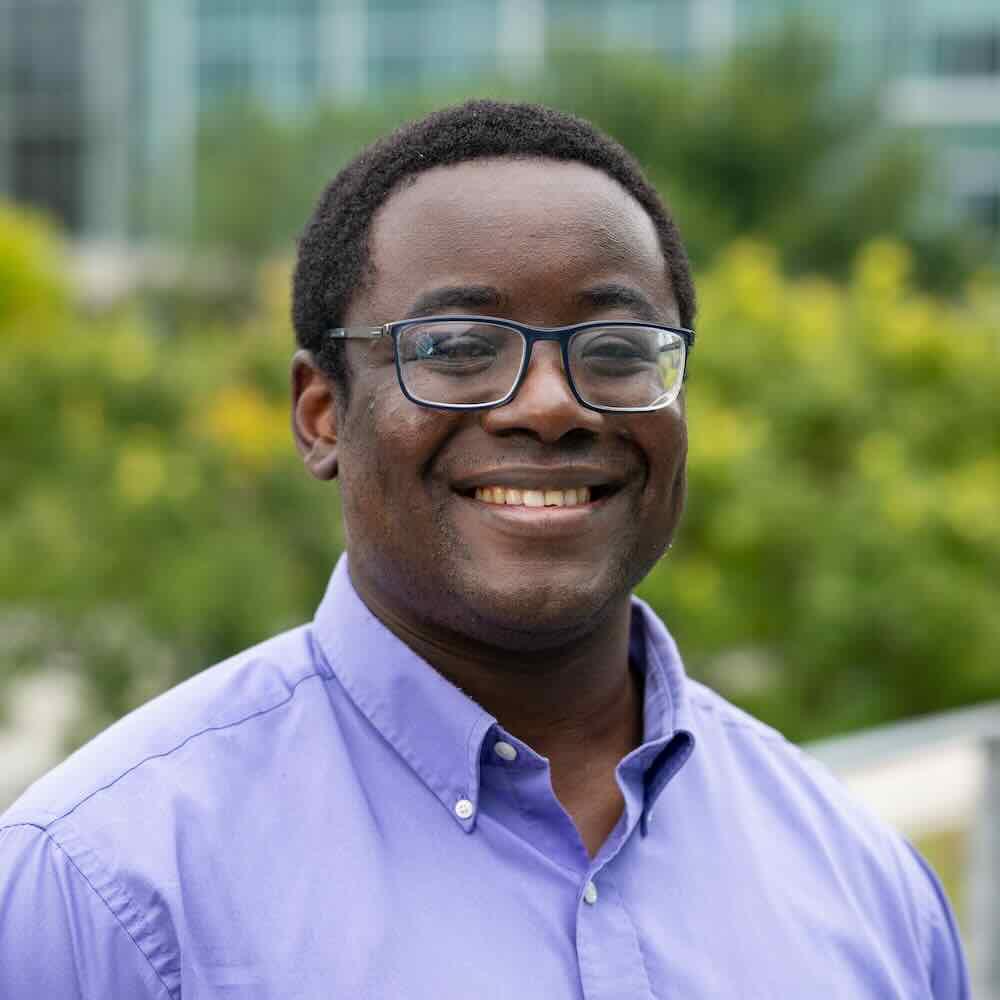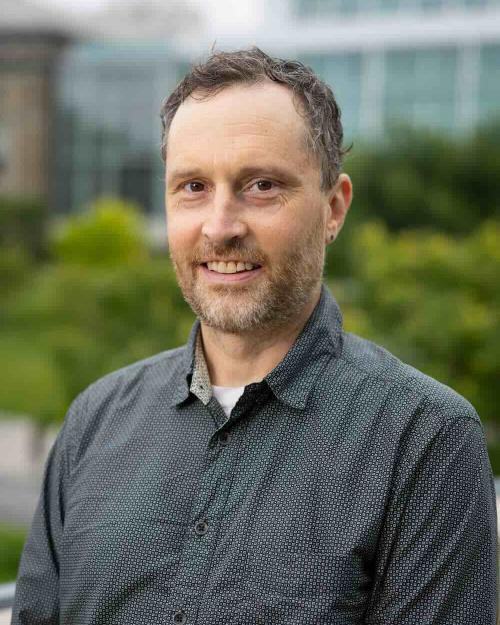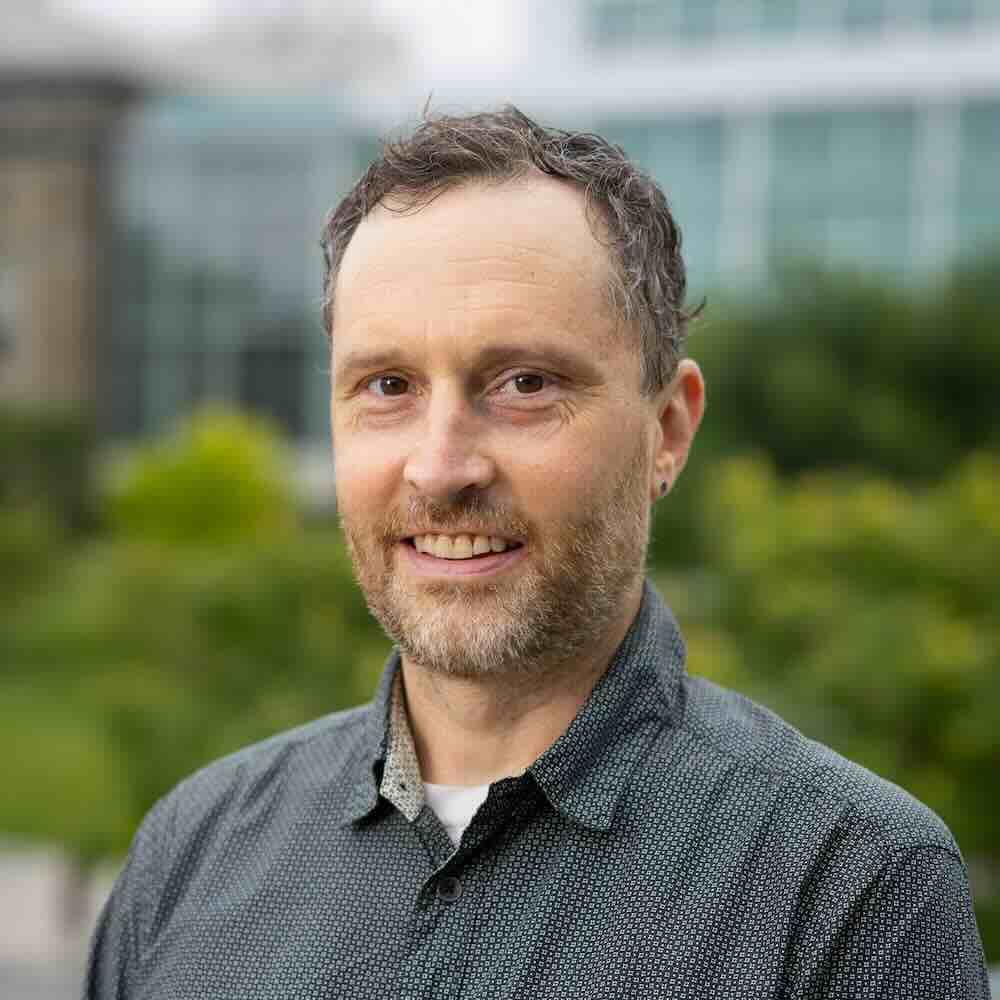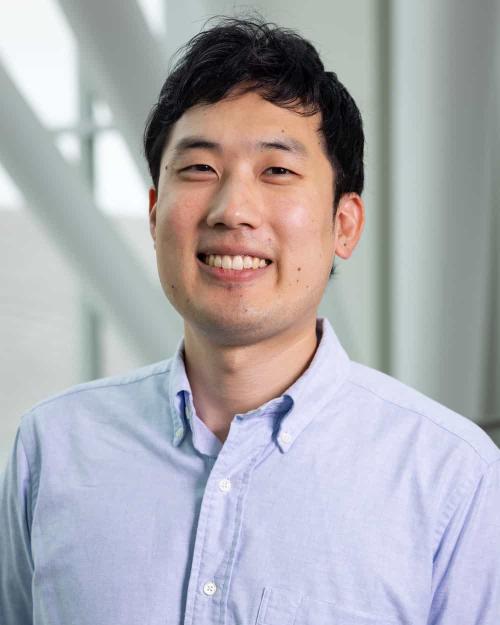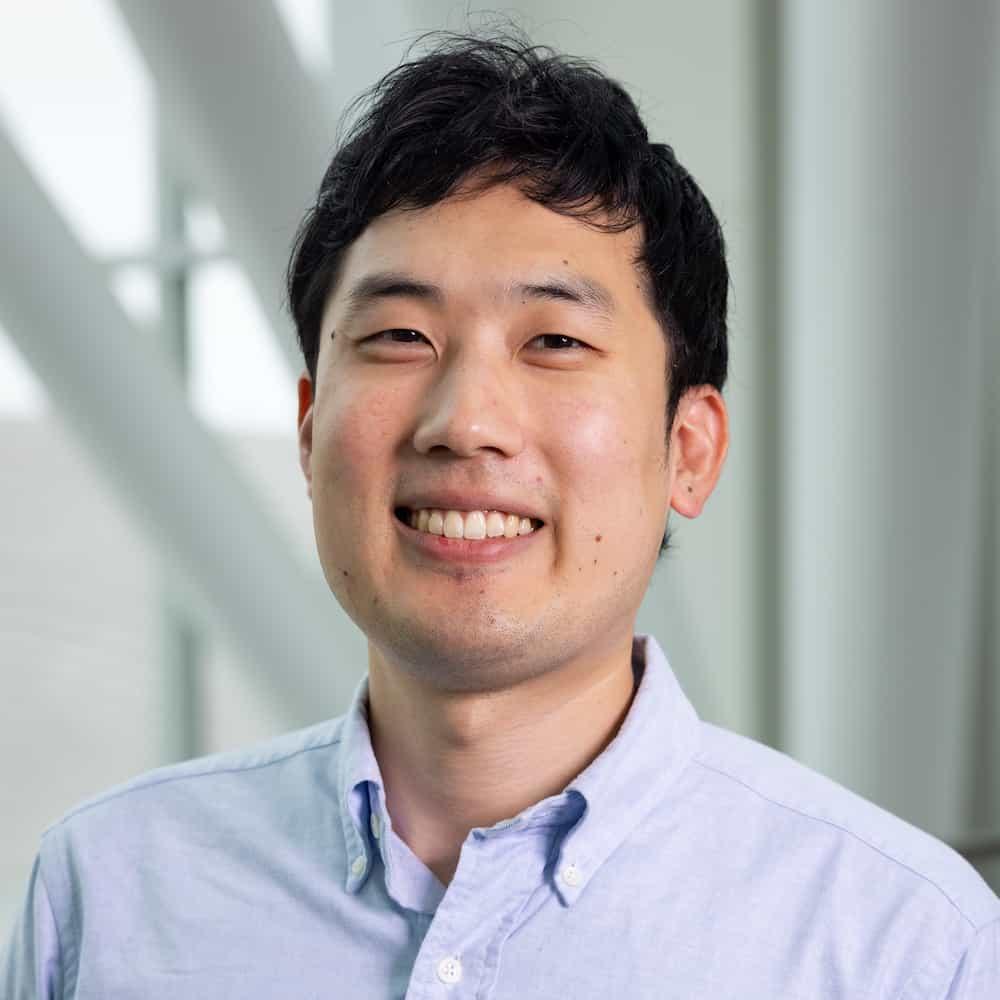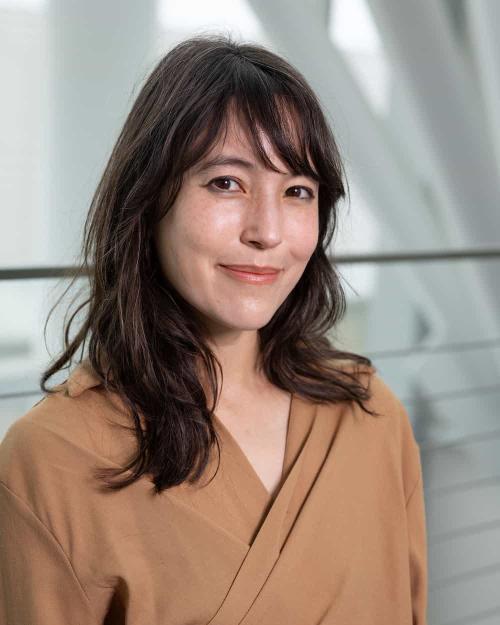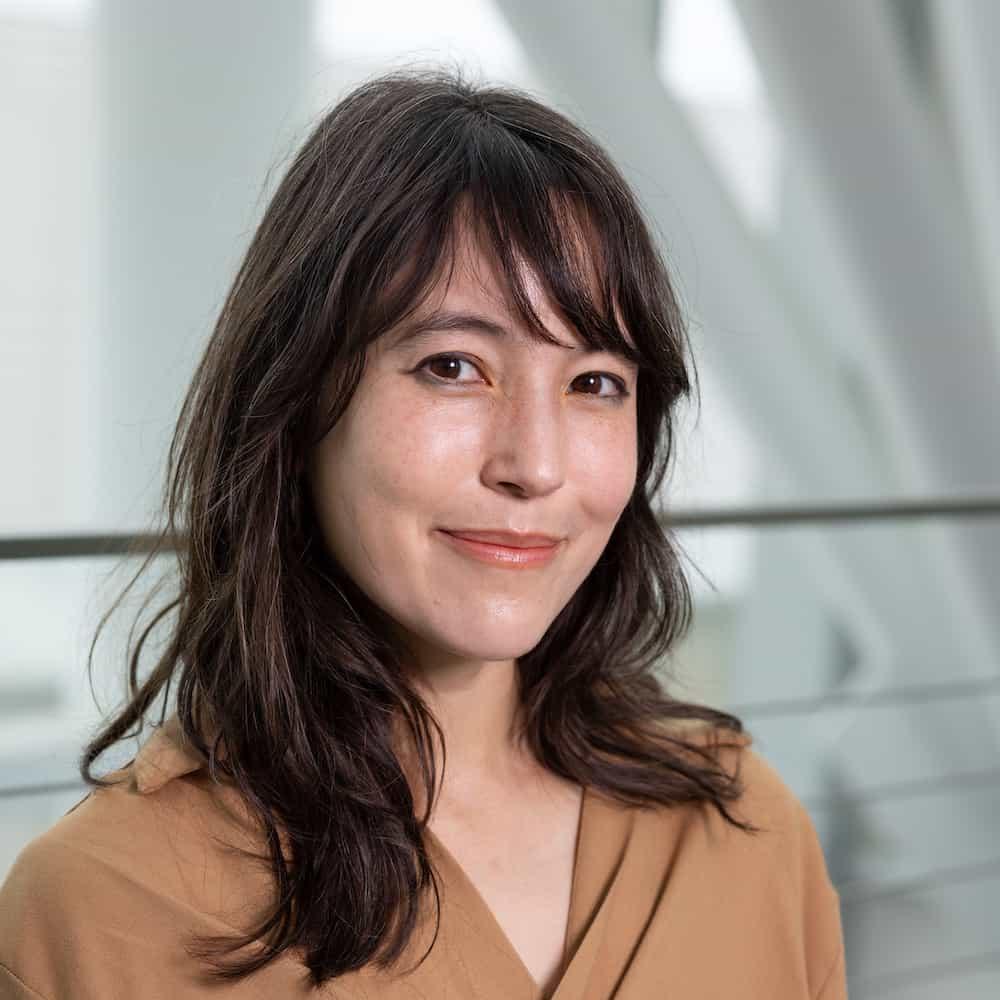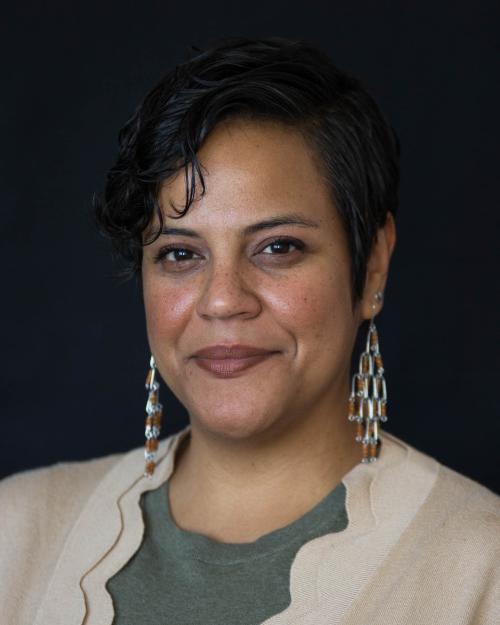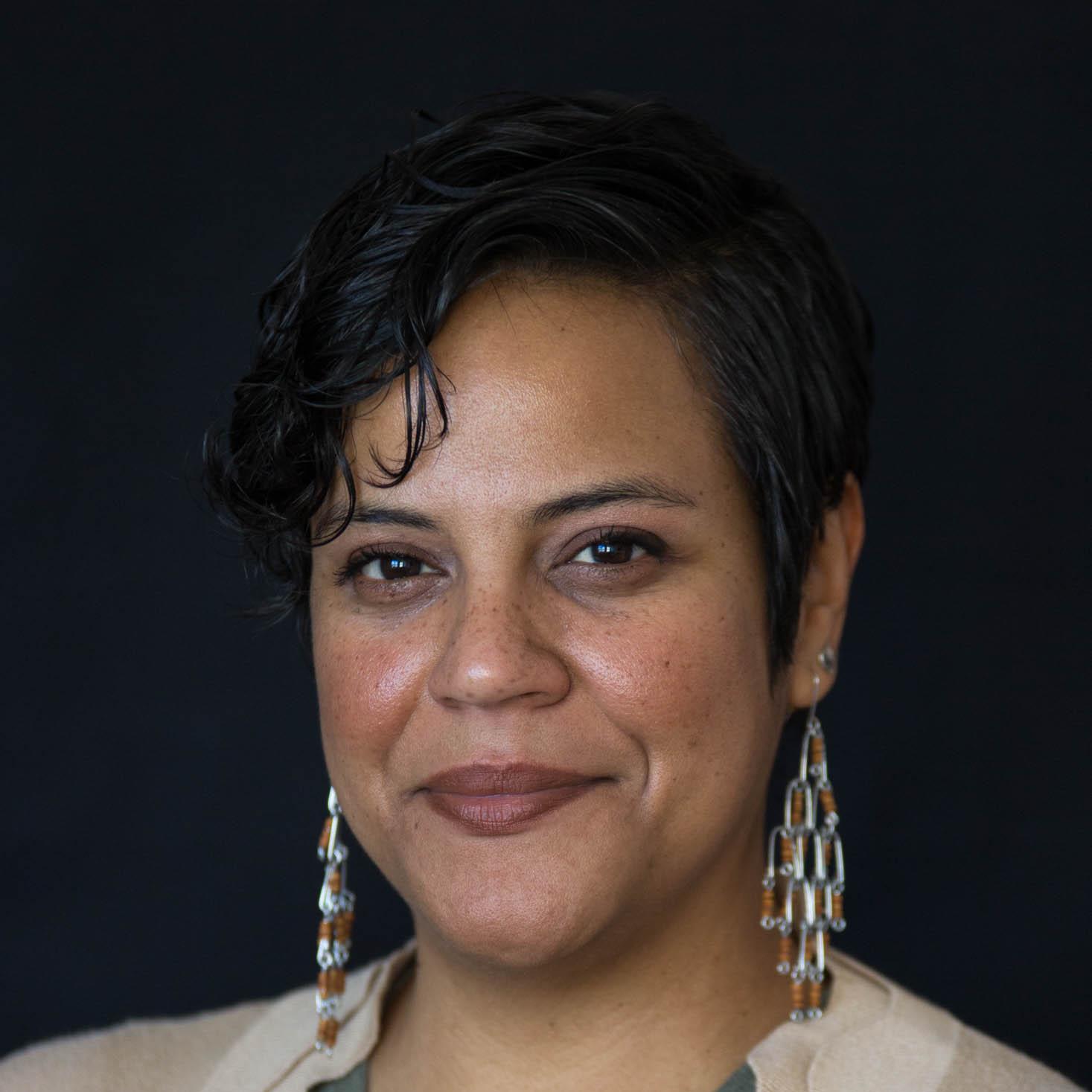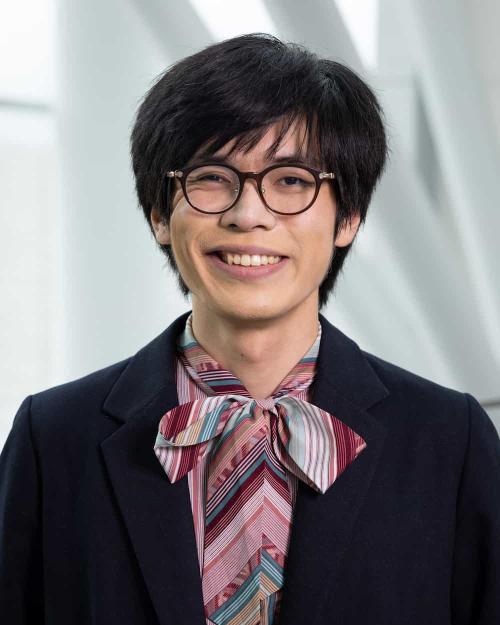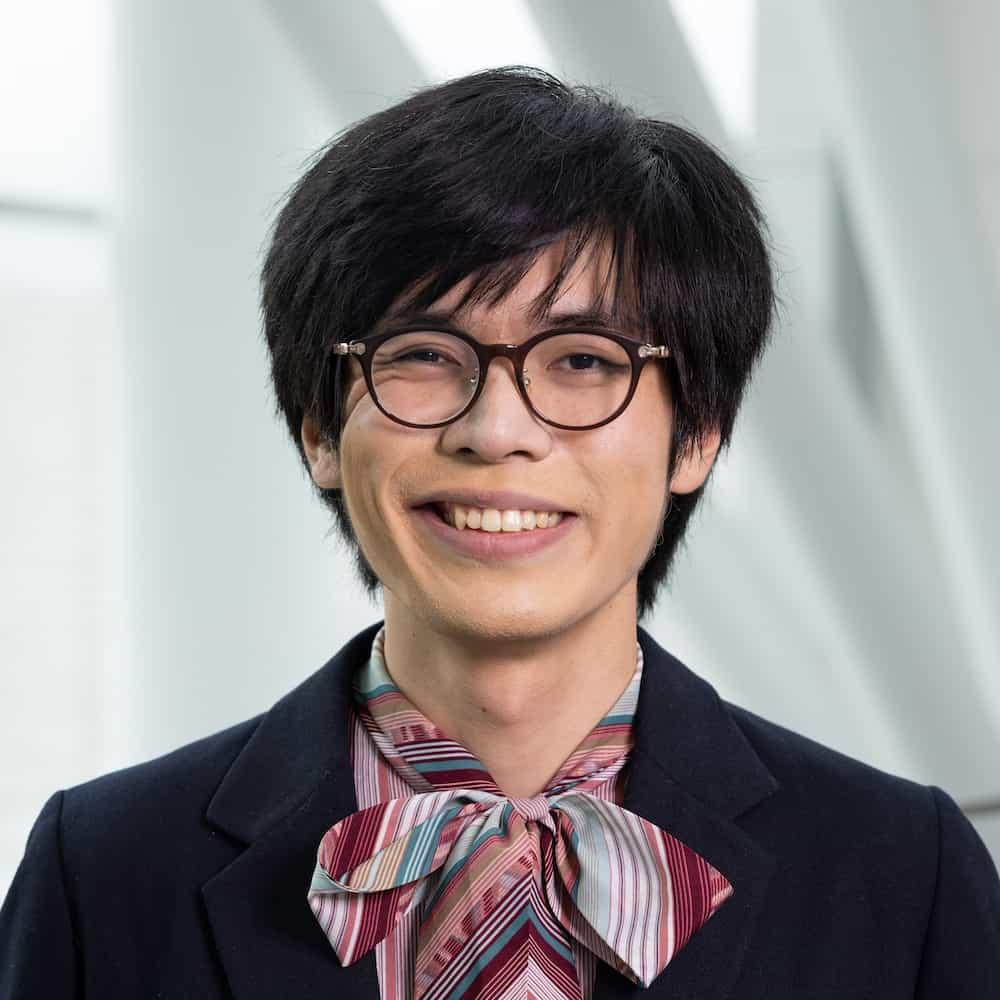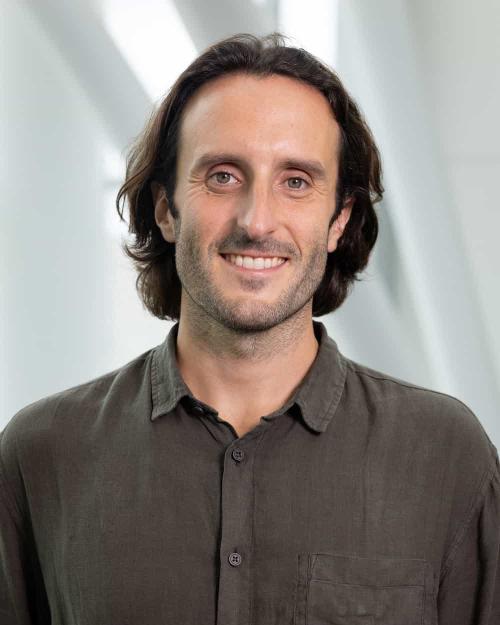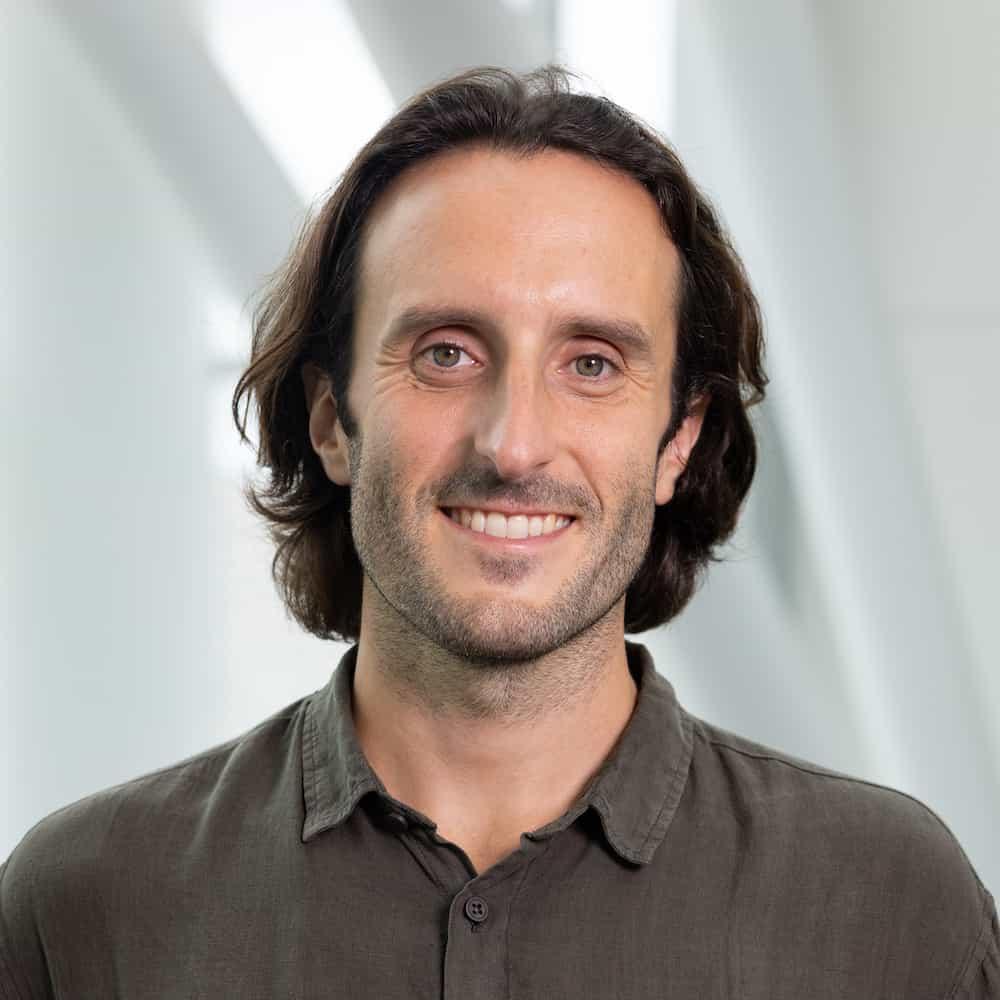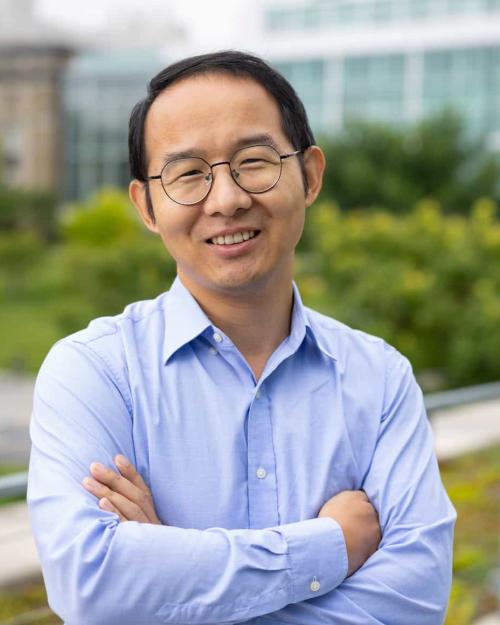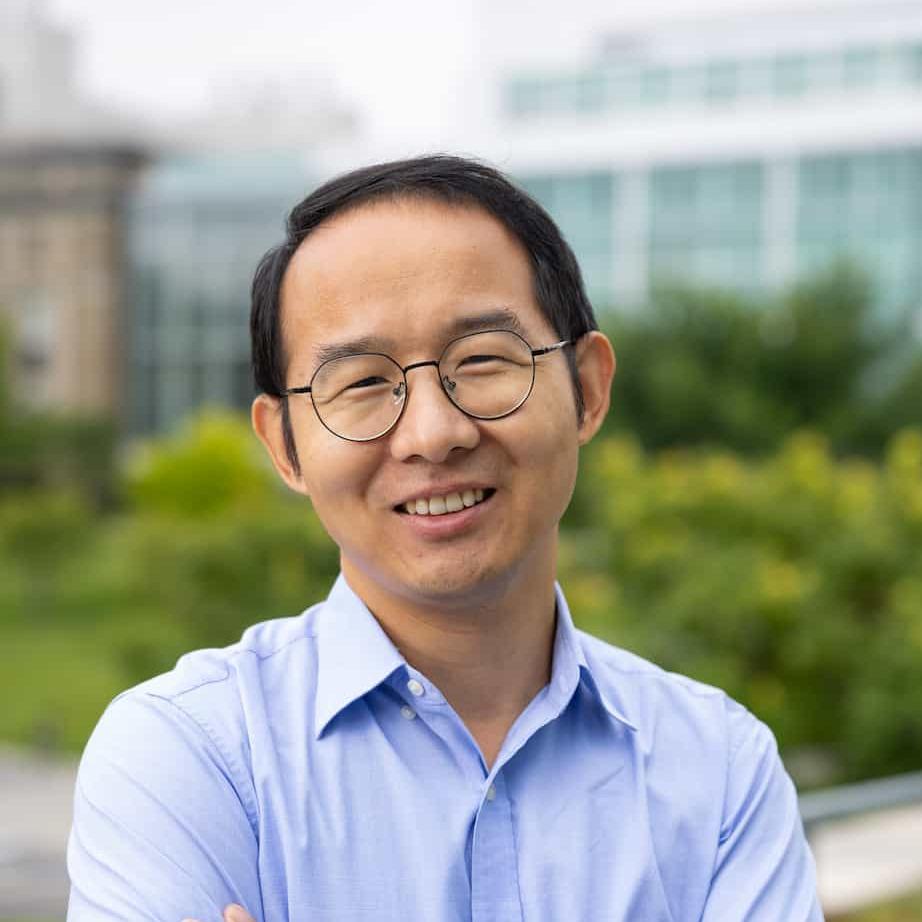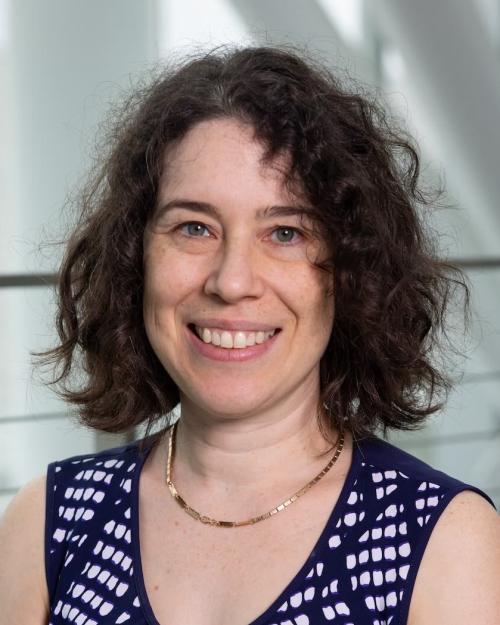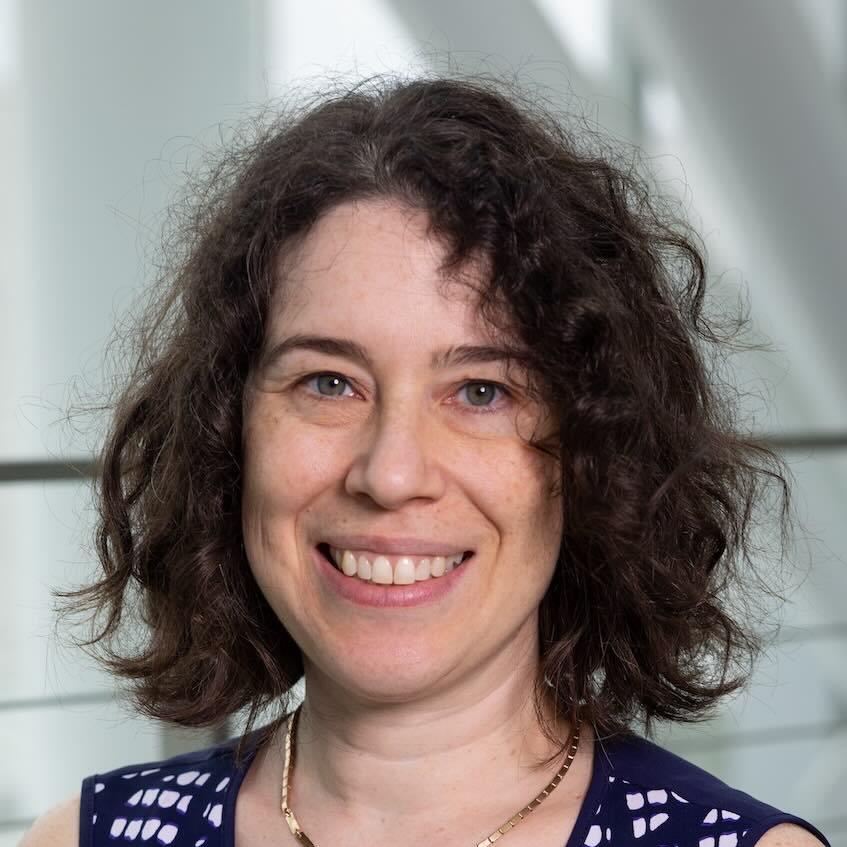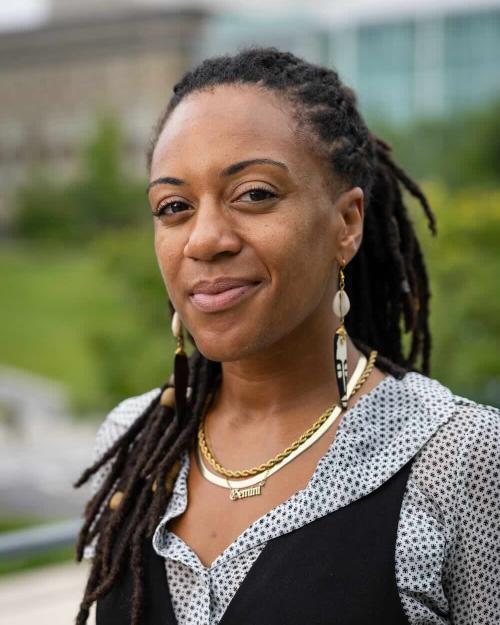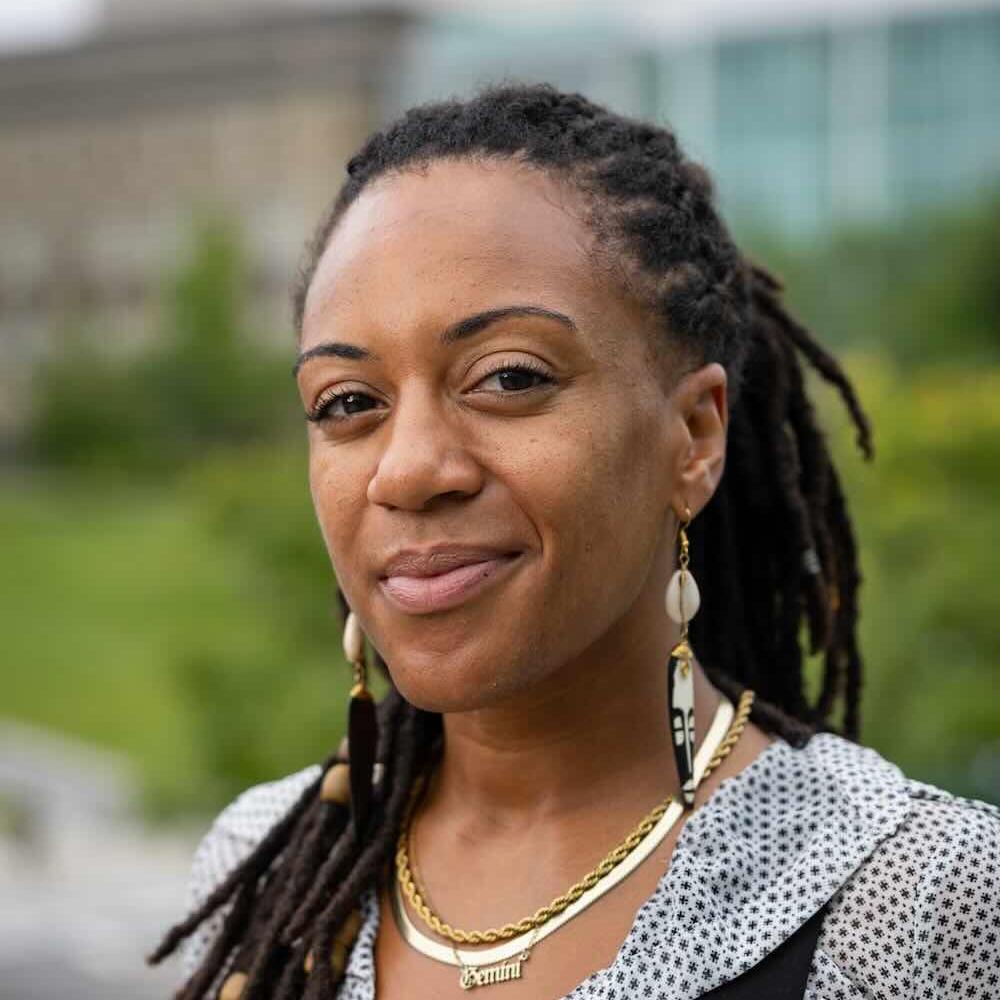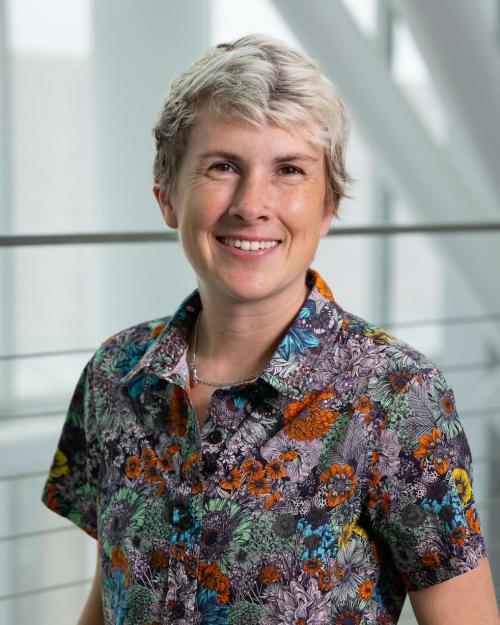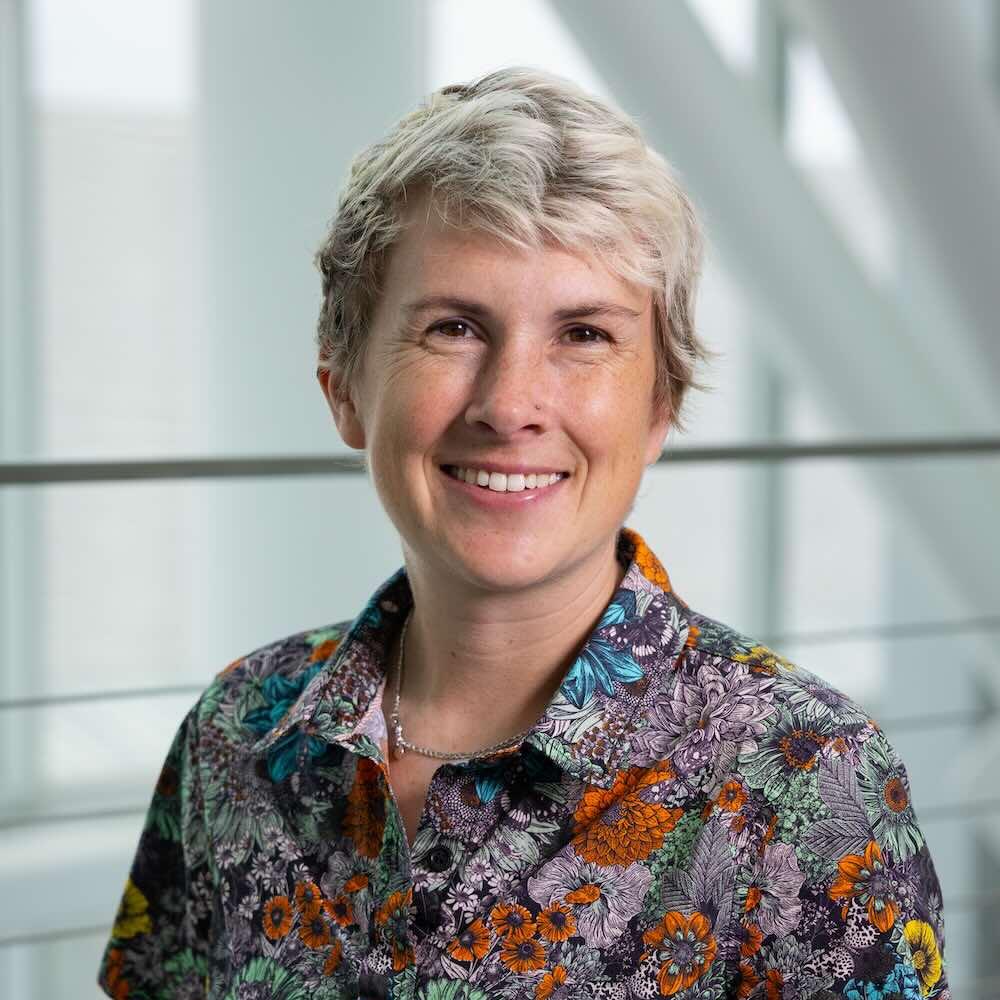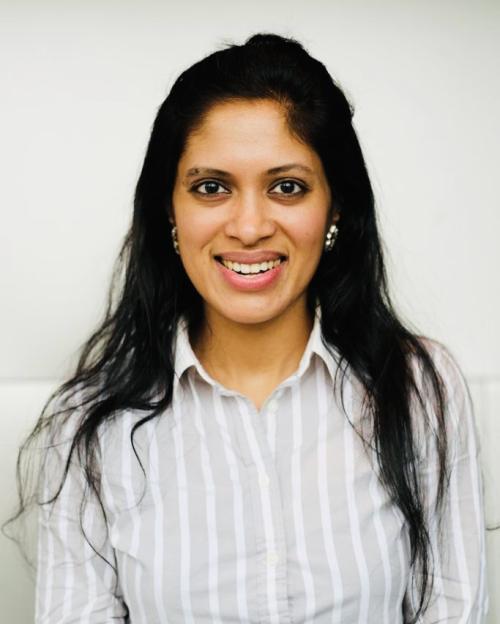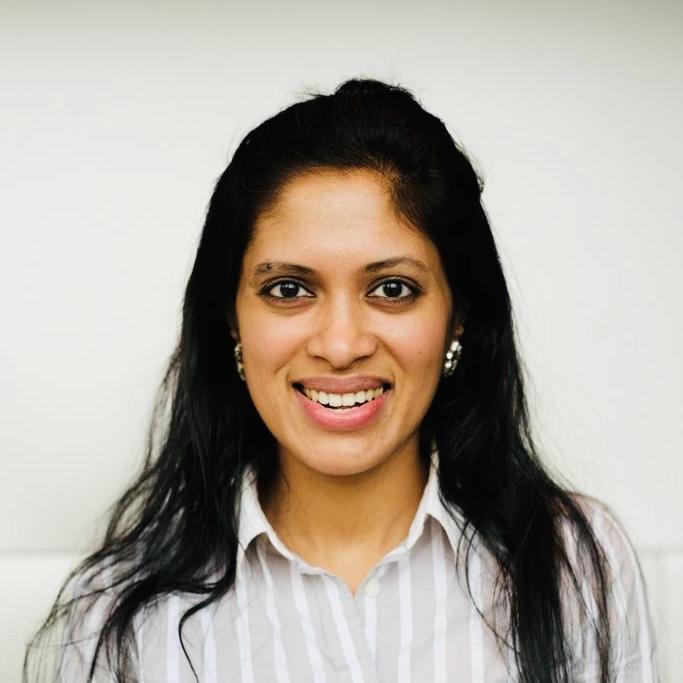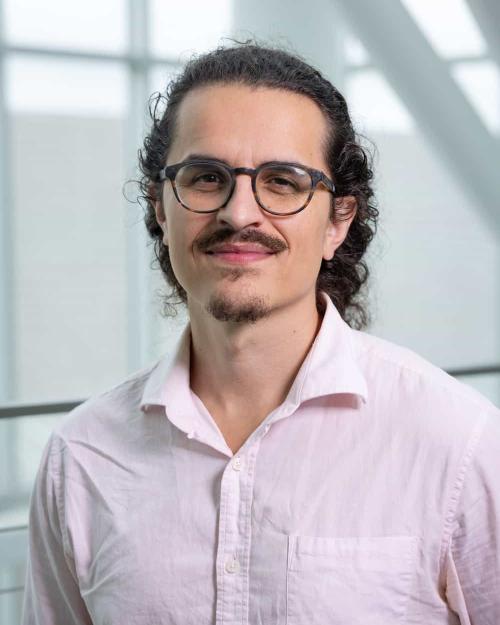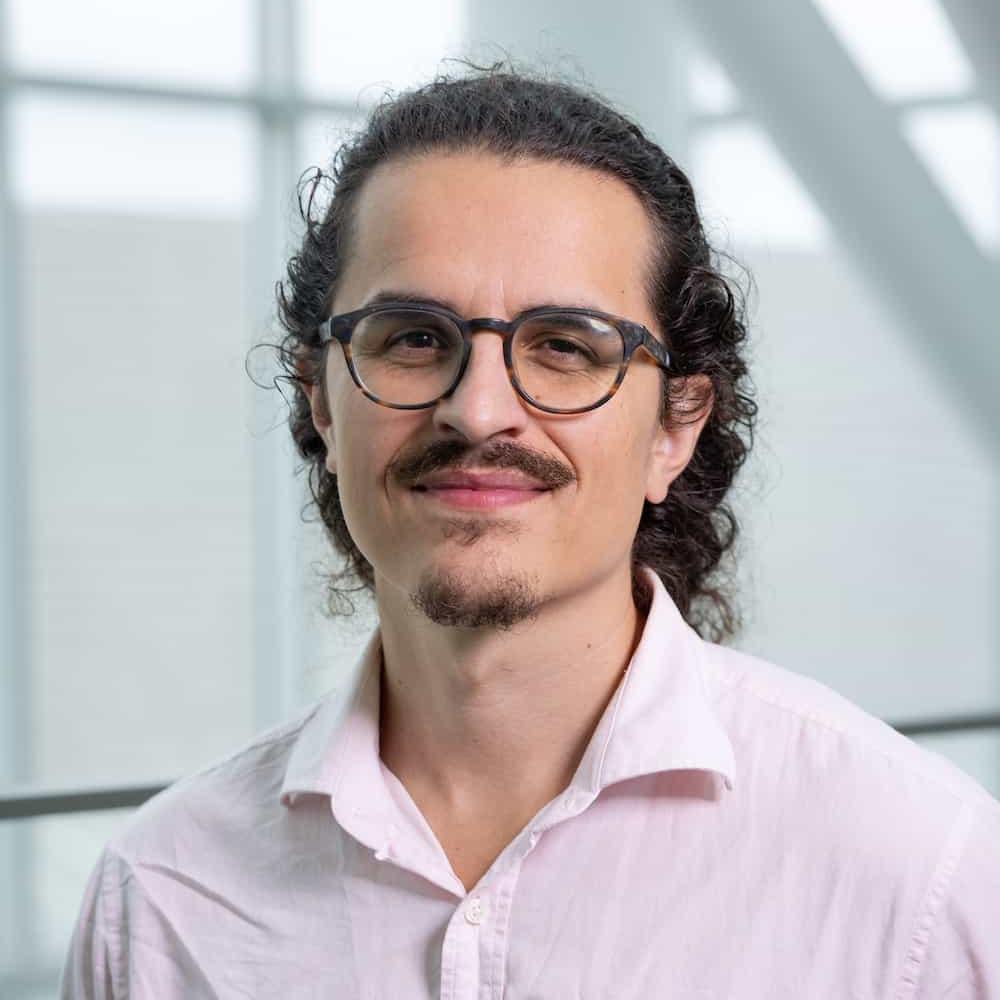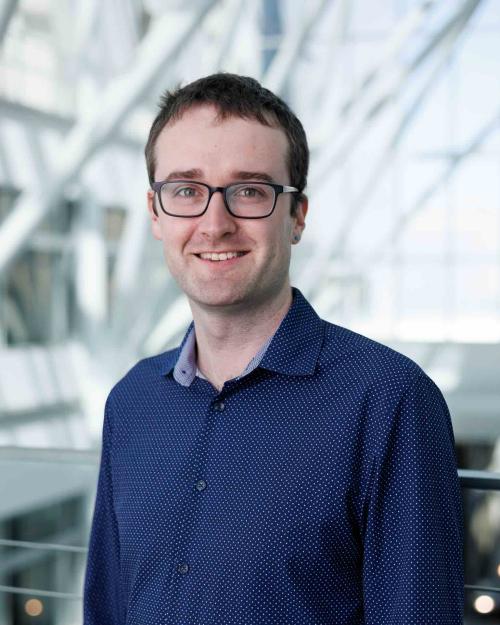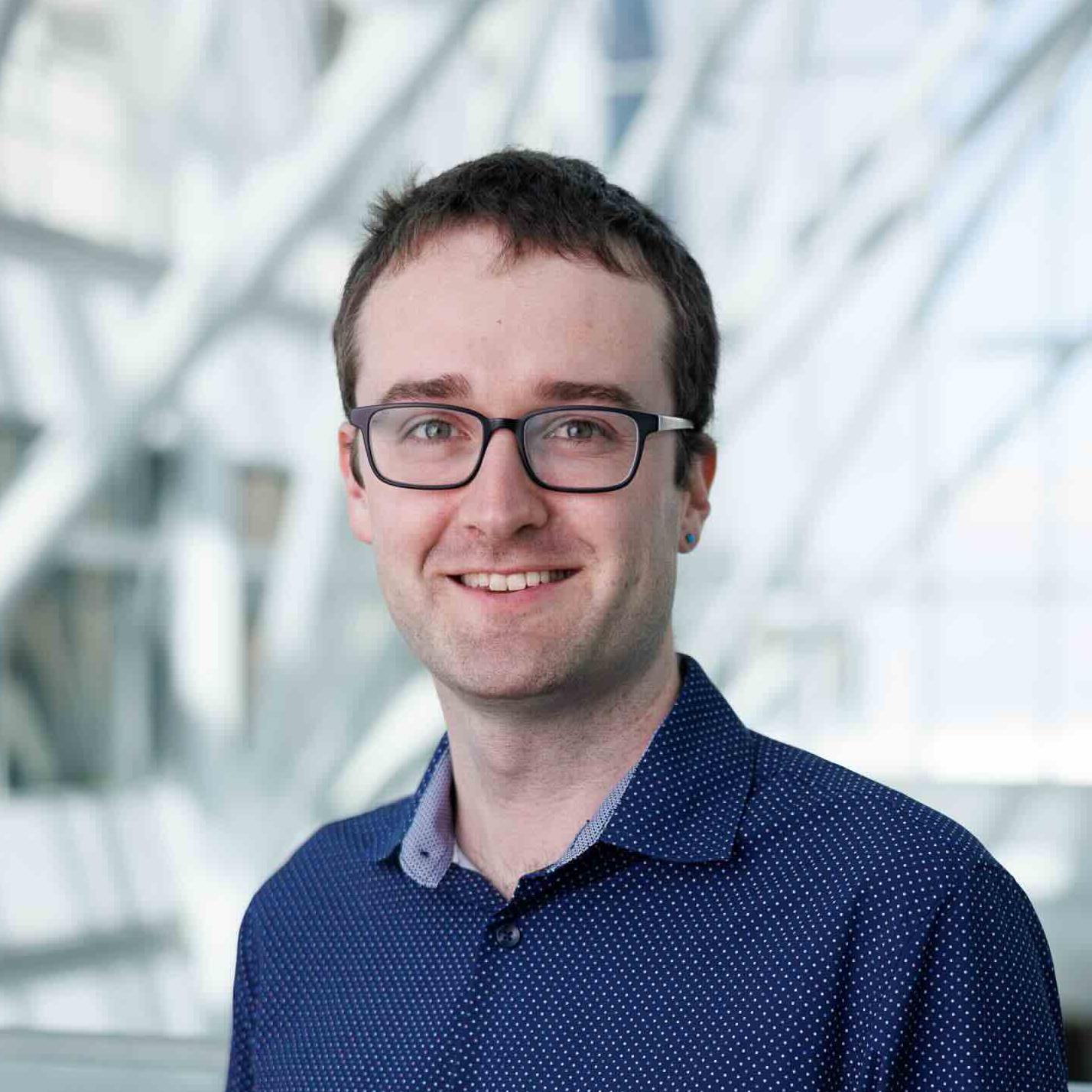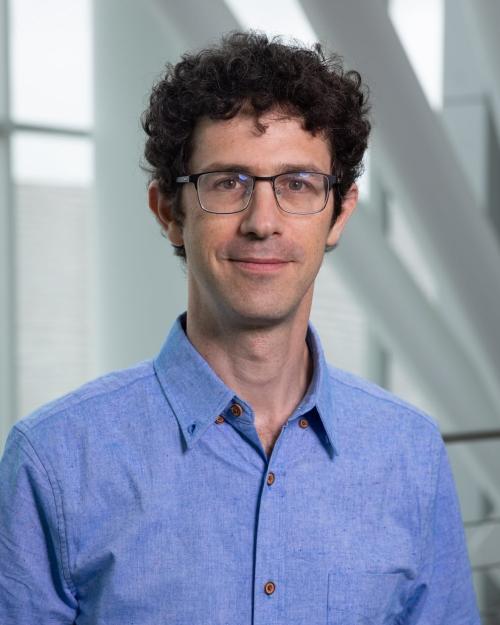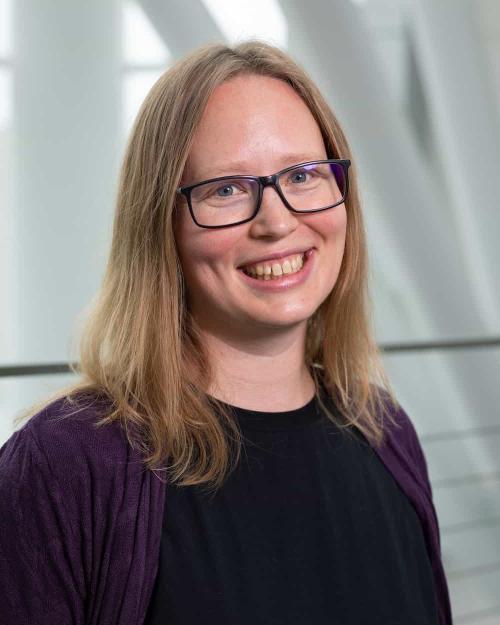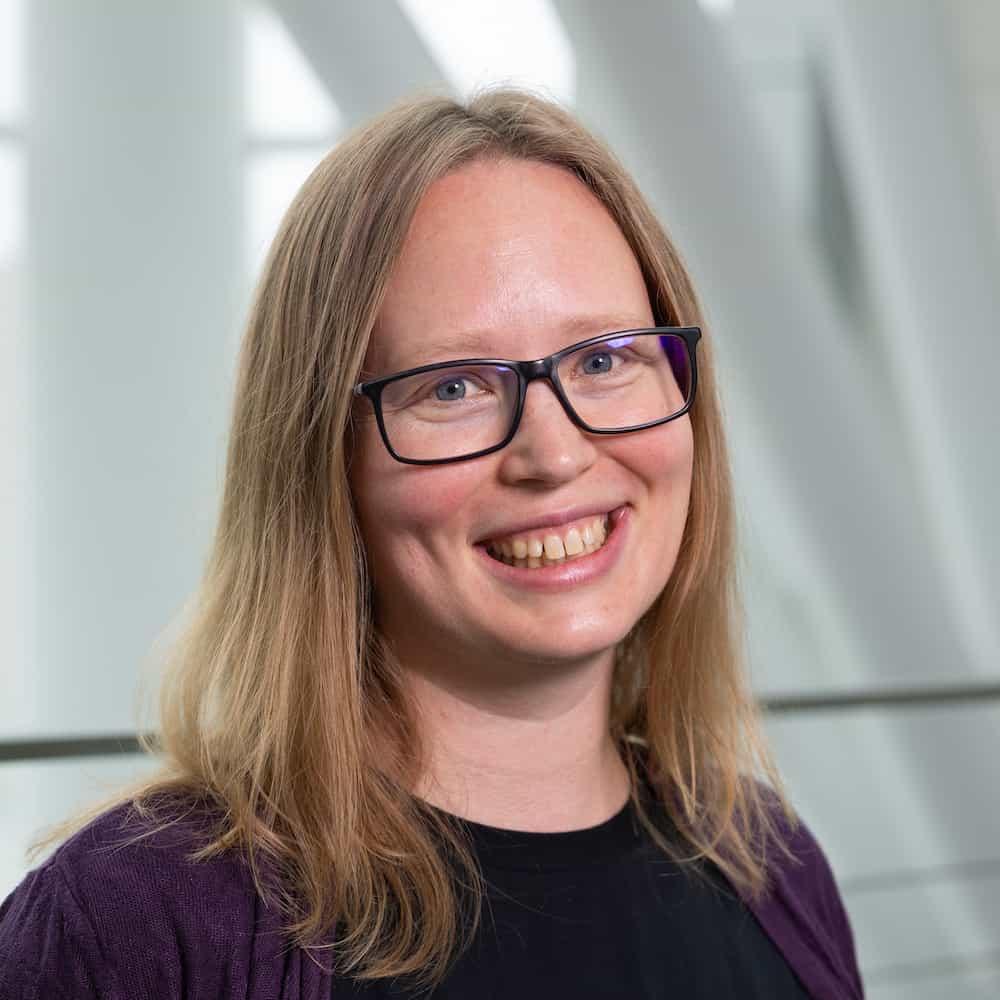Twenty-eight new faculty have joined the College of Arts & Sciences this year, bringing innovative ideas in a wide diversity of topics, from climate politics to experimental fiction, from artificial intelligence to health economics, enhancing the College’s interdisciplinary strengths and curiosity-driven discoveries.
In the Department of Chemistry and Chemical Biology, Yao Yang Ph.D. ’21 is addressing the grand challenges of renewable clean energy and green-house gas emission. By developing advanced electron microscopy and synchrotron X-ray methods, his work seeks to understand electrochemical mechanisms at the interfaces of chemistry and energy materials, with an emphasis on carbon dioxide reduction, clean hydrogen production and rechargeable batteries.
The Department of Government welcomes two new faculty members this year: Peter John Loewen, the new Harold Tanner Dean of Arts & Sciences, and Talbot Andrews.
Andrews looks at the human dimension of global warming: how people think about climate change and engage in climate politics. She’s especially interested in how disasters shape people’s opinions, and how political institutions can better prepare for and respond to climate disaster; her current project focuses on emotional communication around disasters.
Weinan Sun in the Department of Neurobiology and Behavior works at the intersection of neuroscience and artificial intelligence (AI), exploring how insights from biological systems can inform and improve AI design. He is investigating the process of cognitive map formation in the hippocampus of animal brains and applying these insights to develop advanced AI systems for reasoning and planning.
In the Department of Physics, Jennet Dickinson is harnessing machine learning to develop novel approaches to fast silicon detector readout electronics as part of her work studying high energy proton-proton collisions at the Large Hadron Collider. She’s particularly interested in measuring properties of the Higgs boson, the most recently discovered fundamental particle.
In the Department of Economics, Adam Harris is also expanding our understanding of AI, focusing on its impact on the economics of transportation and technology. He’s looking at efficiency and resilience in the U.S. trucking industry and how professional human decision-makers use assistive AI tools.
Four additional faculty members in the economics department will expand its diverse expertise this year. Economic theory and development expert Rohit Lamba recently published “Breaking the Mold, India’s Untraveled Path to Prosperity,” co-authored with Raghuram Rajan. He’s also working on algorithmic pricing and on uncertain repeated games – how to model dynamic games when players may not understand or agree on the future draw of games.
Anran Li studies industrial organizations and health economics. Her current research focuses on regulations and market design for healthcare and the health insurance market, and she’s looking forward to teaching a course on industrial organization.
Jeremy Lise’s research is on labor economics and macroeconomics. His research focus is identifying and measuring the sources of wage inequality and he’s excited about teaching advanced labor economics.
Ezra Oberfield is studying how large firms such as Starbucks choose to organize themselves over space. He’s also interested in how recent changes in technology, which have spurred some large firms to greatly expand their footprints, have affected local competition in cities and in rural areas.
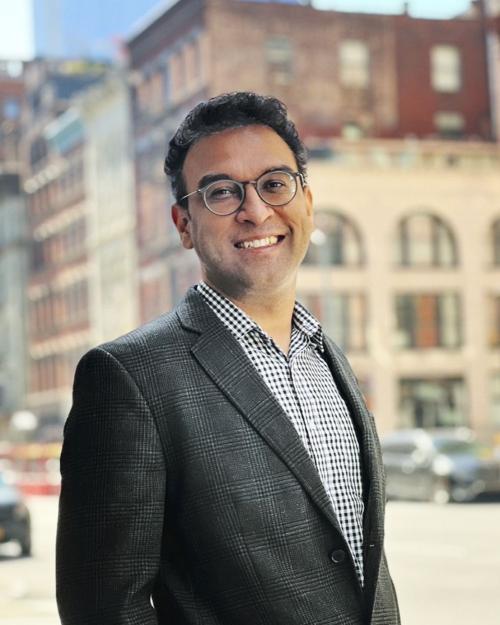
The College’s Klarman Postdoctoral Fellowship program, which brings early-career scholars of outstanding talent, initiative and promise to campus, has demonstrated its success by this year enriching the College with three new faculty members.
Klarman Fellow Anna Shechtman has joined the Department of Literatures in English to continue her studies of media, literary theory, American literature, film and television. Her book project traces the history of the "media" concept across American culture industries.
Klarman Fellow Nancy Lin has joined the Department of History of Art and Visual Studies. Her book project, “Art On-Site: Situating Global Contemporaneity in 1990s China,” explores the aesthetic and socio-political stakes for how and why artists during this period began to work on-site in everyday urban spaces such as city streets, construction sites and other unconventional locations.
Klarman Fellow Toni Alimi continues his research into the history of philosophy as a member of the Department of Philosophy and says that “the riches of Cornell’s intellectual life continue to be a delight.” He’s working on a book-length philosophical history of slavery.
Also joining the philosophy department is Justin Steinberg, with expertise in early modern philosophy, the history of political thought and the history of ethics. He’s working on a book about individuation and social ontology among early modern naturalists.
The Department of Literatures in English is enhanced by three more faculty members besides Shechtman. Adhy Kim studies transnational Asian/American and Asian diasporic literature, as well as Korea, Japan and global Asias. His book project examines how speculative literature engages with natural history and with memory institutions like peace parks and museums to rethink post-1945 U.S.-Northeast Asian geopolitics.
Alexandra Kleeman’s expertise is in ecological fiction, experimental fiction, creative nonfiction and criticism. She’s working on a quasi-utopian novel in five parts, each set on a different island at a moment of economic upheaval, as well as a nonfiction project, an "unnatural history" of cows.
Rebeca Hey-Colón has a joint appointment in literatures in English and the Latina/o Studies Program and is an expert in Afro-Latinx, Latinx and Caribbean studies. She’s developing a new project centered on loss in Afro-Latinx, Latinx and Caribbean cultural production and is looking forward to teaching the Puerto Rican studies course “Diasporas, Disasters and Dissent.”
Cosmology’s strength in the College is further enhanced with two new faculty members this year. Dongwoo Chung’s research traces galaxies across the observable universe in space and time as they form and transform stars, gas and dust. They’re interested in how our universe formed its first stars and galaxies, and they’ll be exploring that and more using the Fred Young Submillimeter Telescope, a project led by Cornell that will soon be operational in Chile.
Drummond Fielding also works on galaxy formation, as well as magnetohydrodynamics and astrophysical plasma physics. He is working on two research initiatives to aid our understanding of cosmic ray transport and how galactic winds regulate the evolution of galaxies.
Yu Wang joins the Department of Science and Technology Studies with a focus on sound, data, and society and science and technology studies, as well as 20th century China. He’s researching radio infrastructure in Mao’s China for his book project "All Ears: Listening to Radio in China, 1940-1976."
Two musicologists have joined the Department of Music. Carmel Raz studies the history of music theory, musical cognition and science. She is investigating a tradition of texts concerning the habitual, automatic actions involved in playing a musical instrument in a variety of philosophical texts.
Victoria Netanus Xaka researches music and sound studies, Black studies, Black feminist theory and semiotics. She’s working on a book about Rwanda’s popular music industry that considers the role of sounding and listening for Blackness in the (post-genocide) production of a collective social body.
Molly Womack, joining the Department of Ecology and Evolutionary Biology, also serves as the curator of the Cornell University Museum of Vertebrates. Their lab seeks to better understand how biodiversity develops, how biodiversity evolves, and why it matters. Their projects with frogs explore skin and lung evolution, salinity tolerance and acoustic communication.
In the Department of Molecular Biology and Genetics, Ayshwarya Subramanian focuses on the context-specificity of cell states using computational systems biology. Her research project seeks to understand how to define the state of a cell from its internal and external cues.
French literature and philosophy expert Chad Córdova joins the Department of Romance Studies, with a focus on studying the affinities between the purportedly “old” or “obsolete” and the supposedly “relevant” or “new.” One of his projects aims to rethink the history of what we now call “depression.”
Alexander Betts (who will begin at Cornell in January) will enhance the Department of Mathematics’ strength in number theory with expertise in arithmetic geometry, Diophantine equations and arithmetic homotopy theory. His main interest lies in understanding problems in number theory using tools imported from topology, especially fundamental groups.
Psychology welcomes two new faculty this year. Nori Jacoby’s expertise is in cognitive science. He studies the perceptual representations of populations around the world ranging from New York City-based musicians to Indigenous tribes in the Bolivian Amazon to international cohorts recruited for massive online experiments. He says he is “very excited about the scientific research environment” at Cornell.
Nora Prior specializes in neuroendocrinology, social neuroscience and bioacoustics. Her research looks across species to determine how social worlds emerge from and persist within perceptual experiences.
